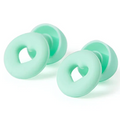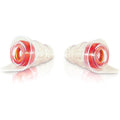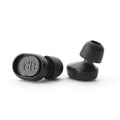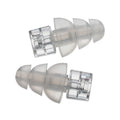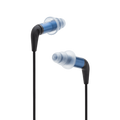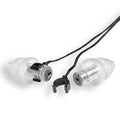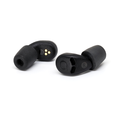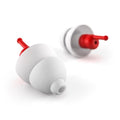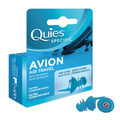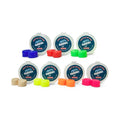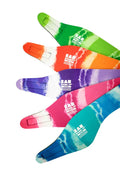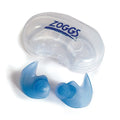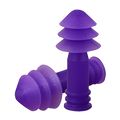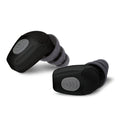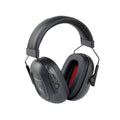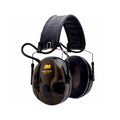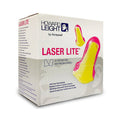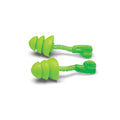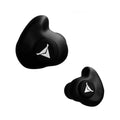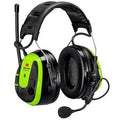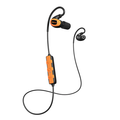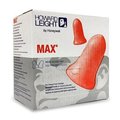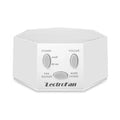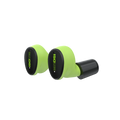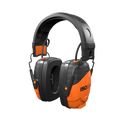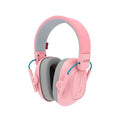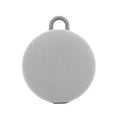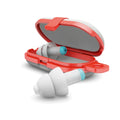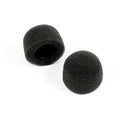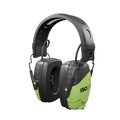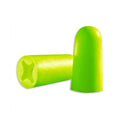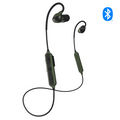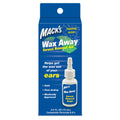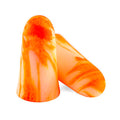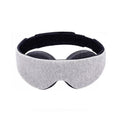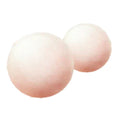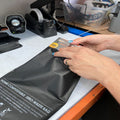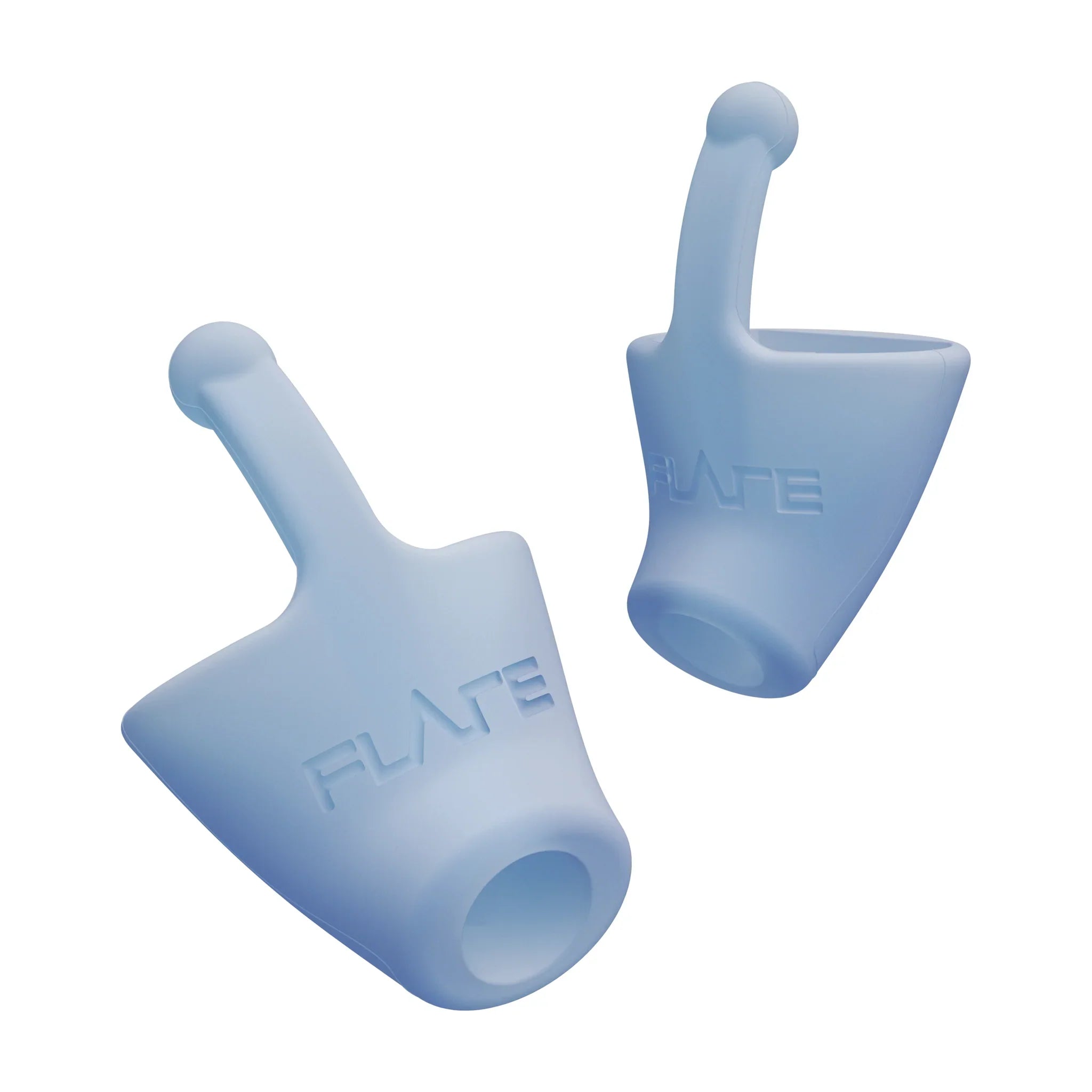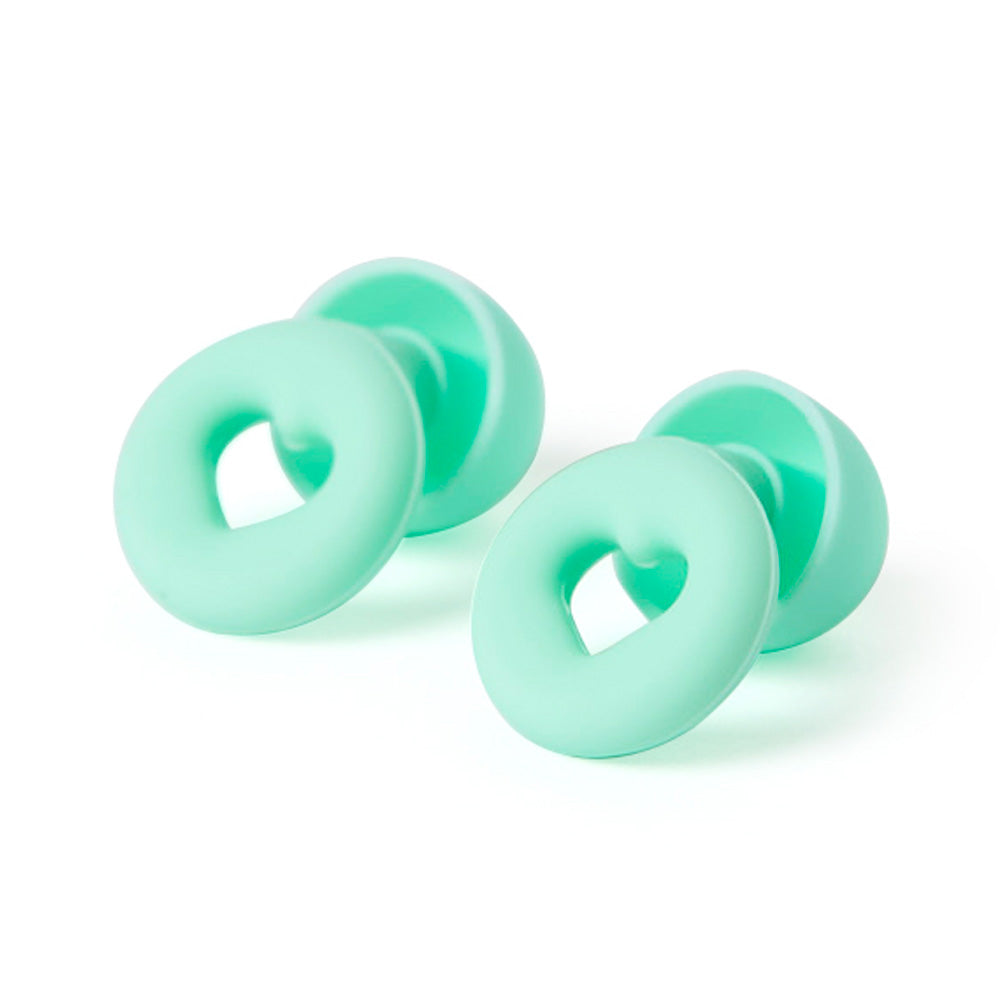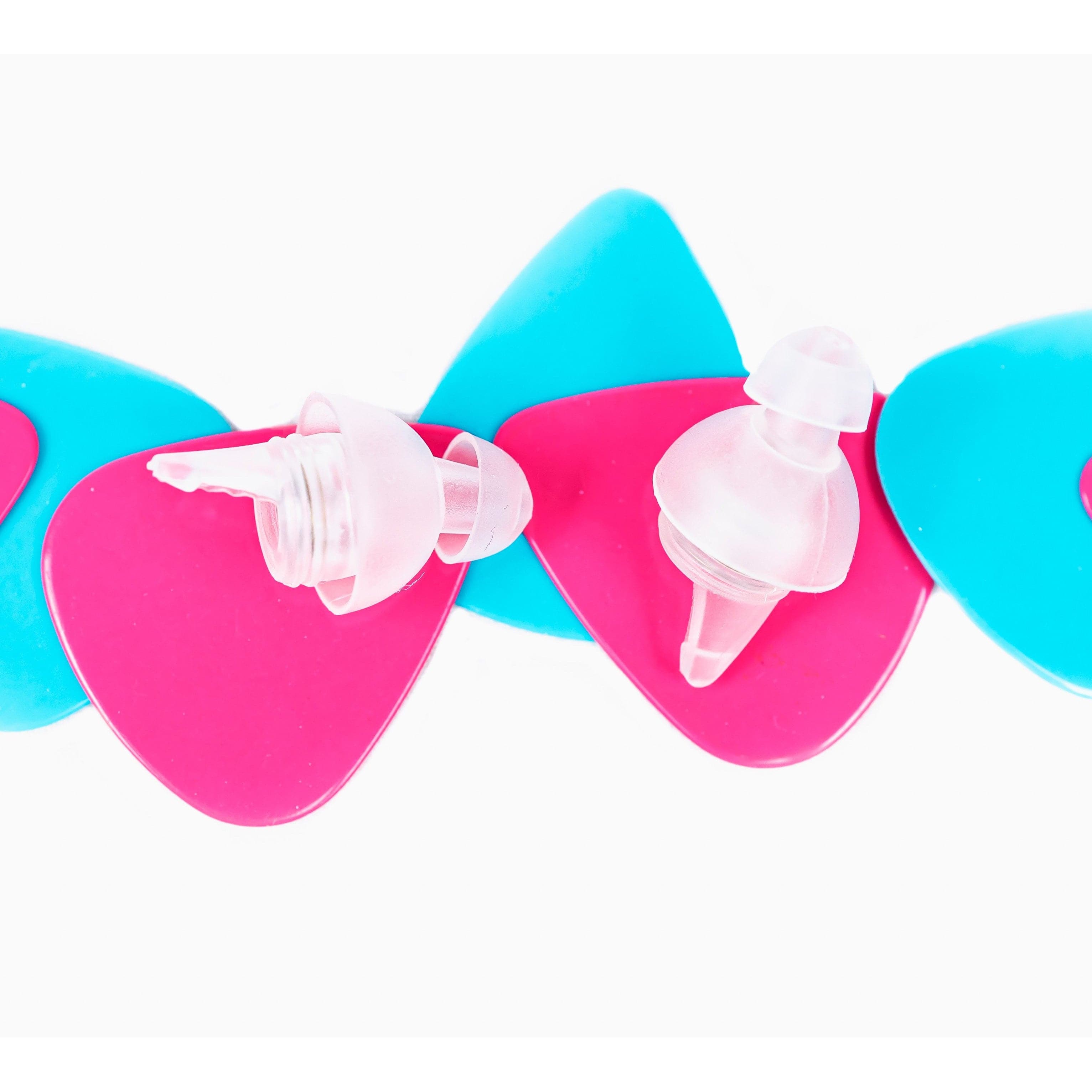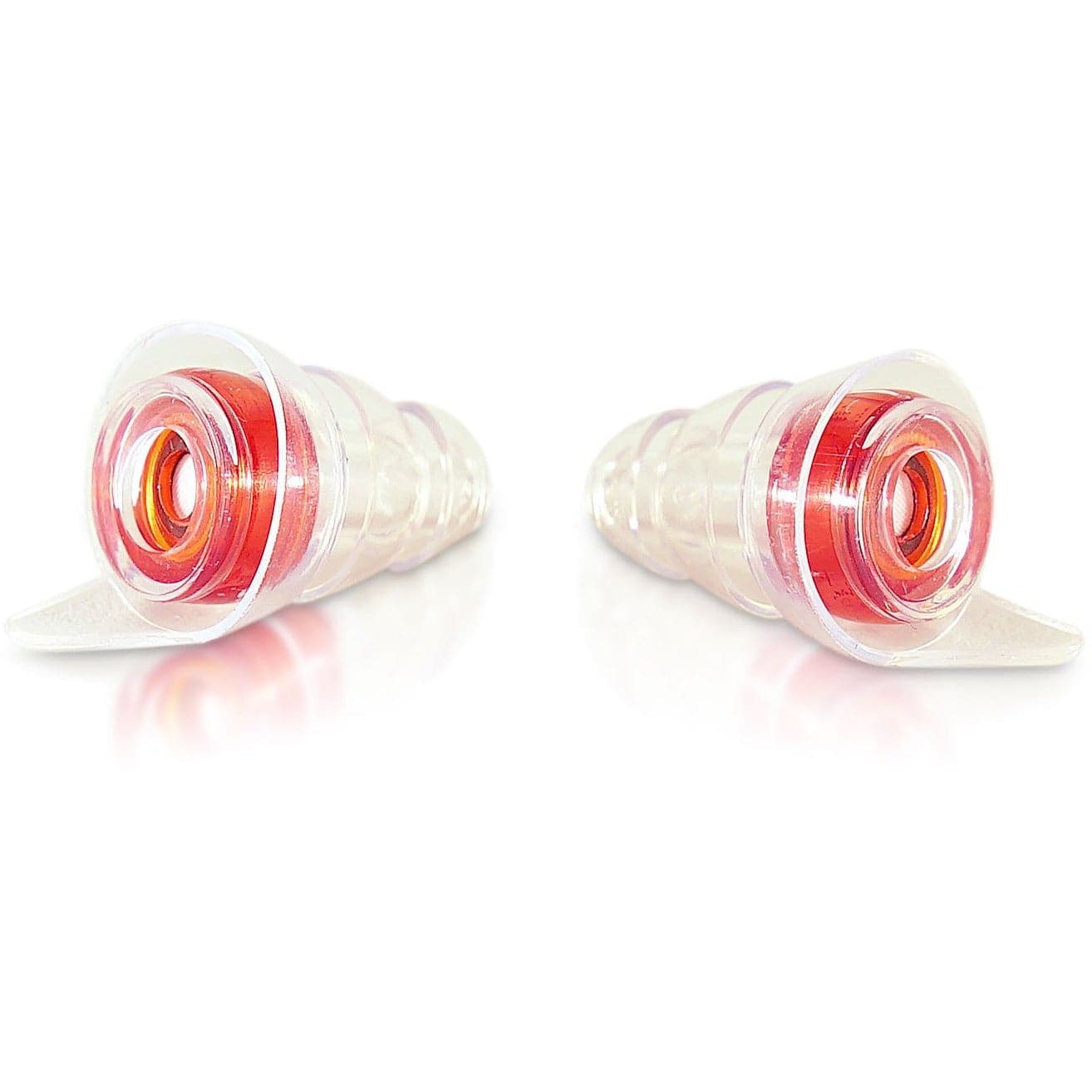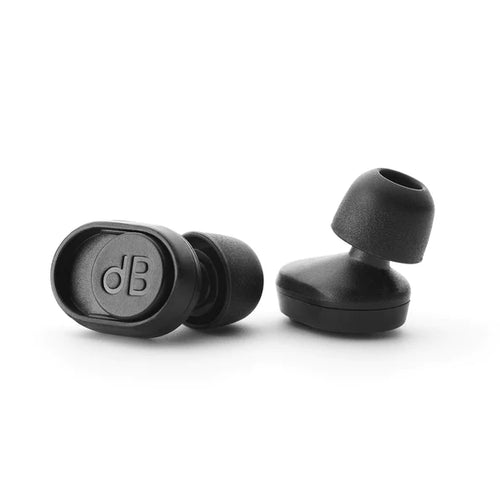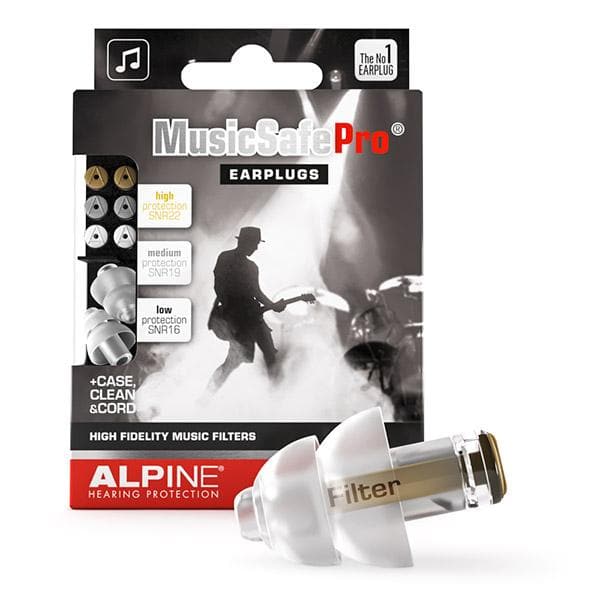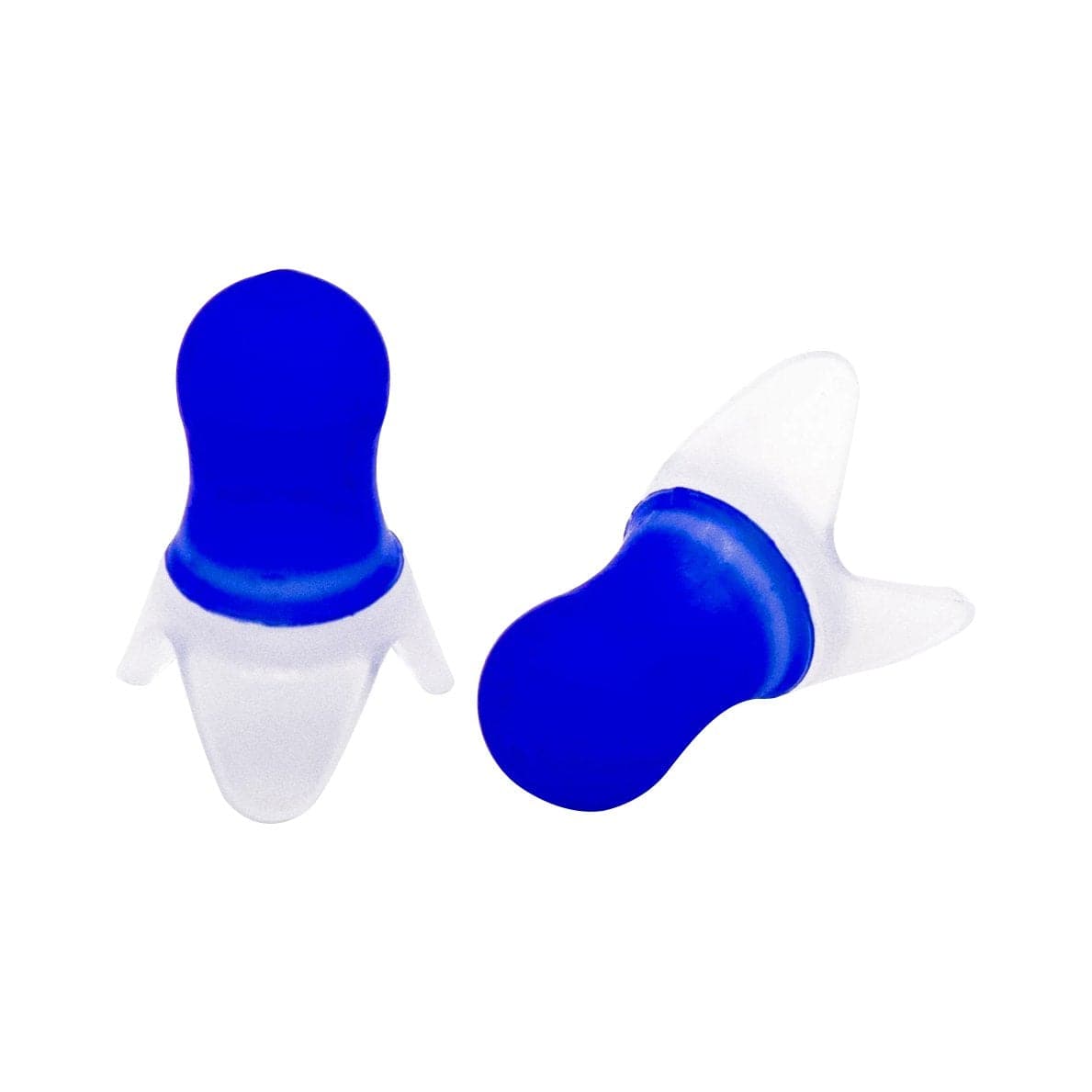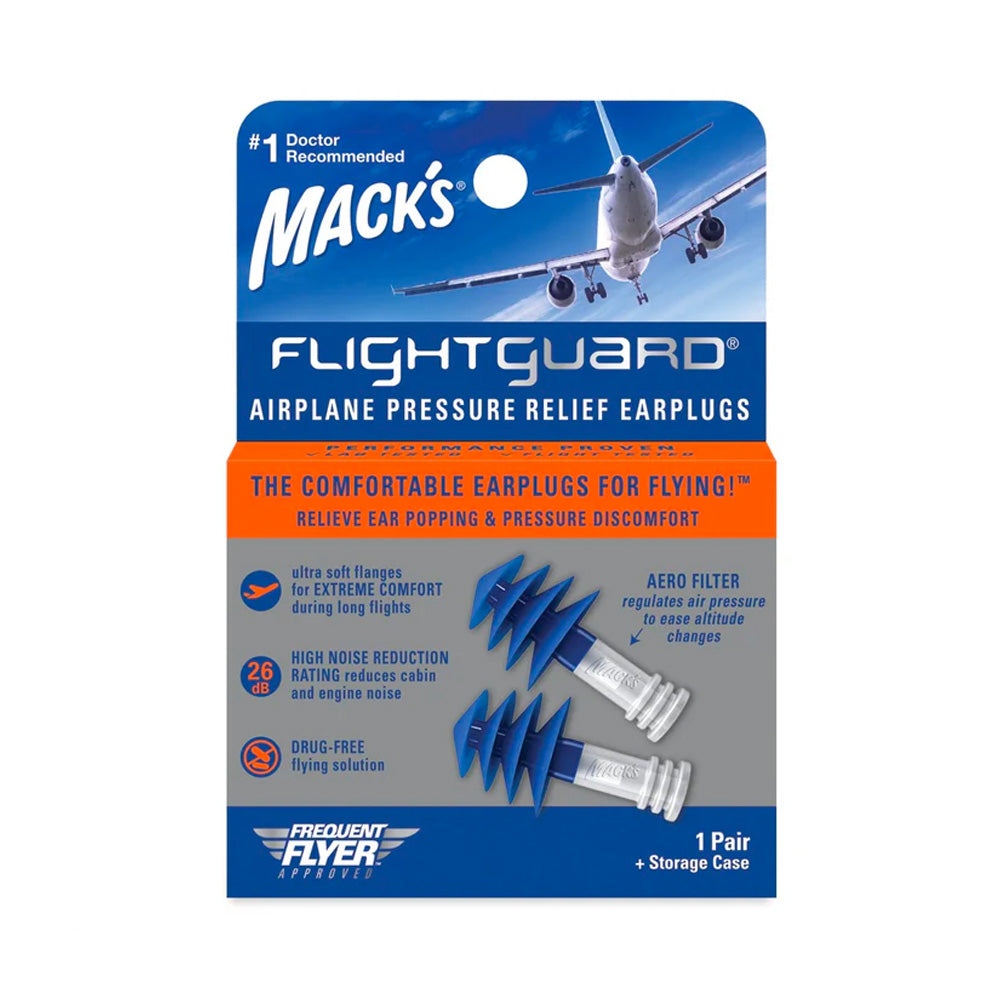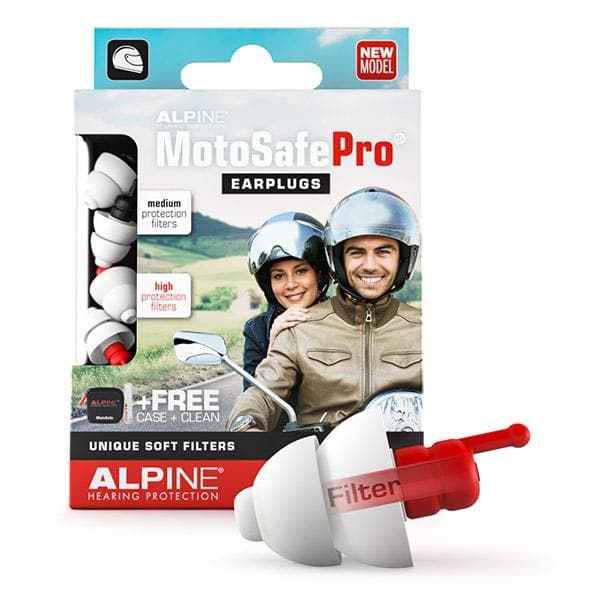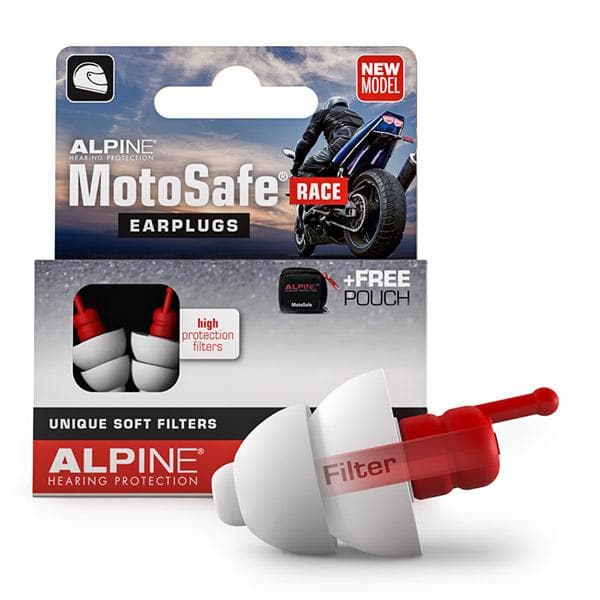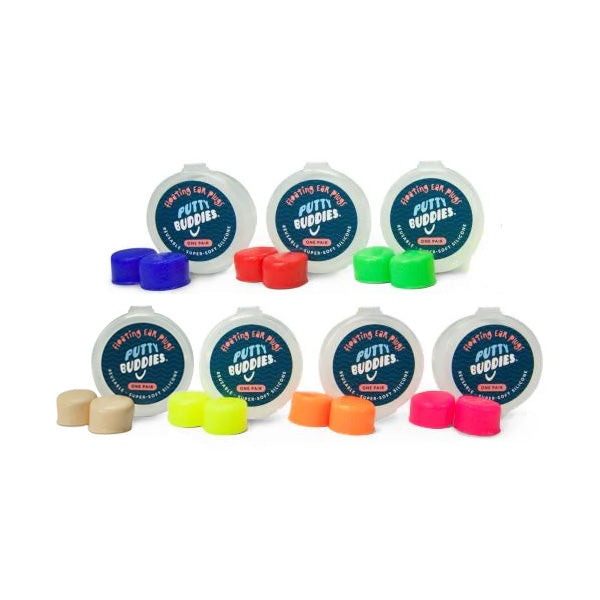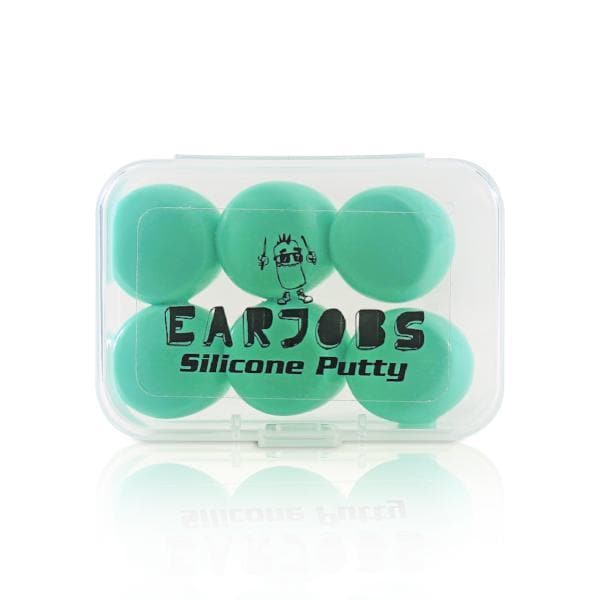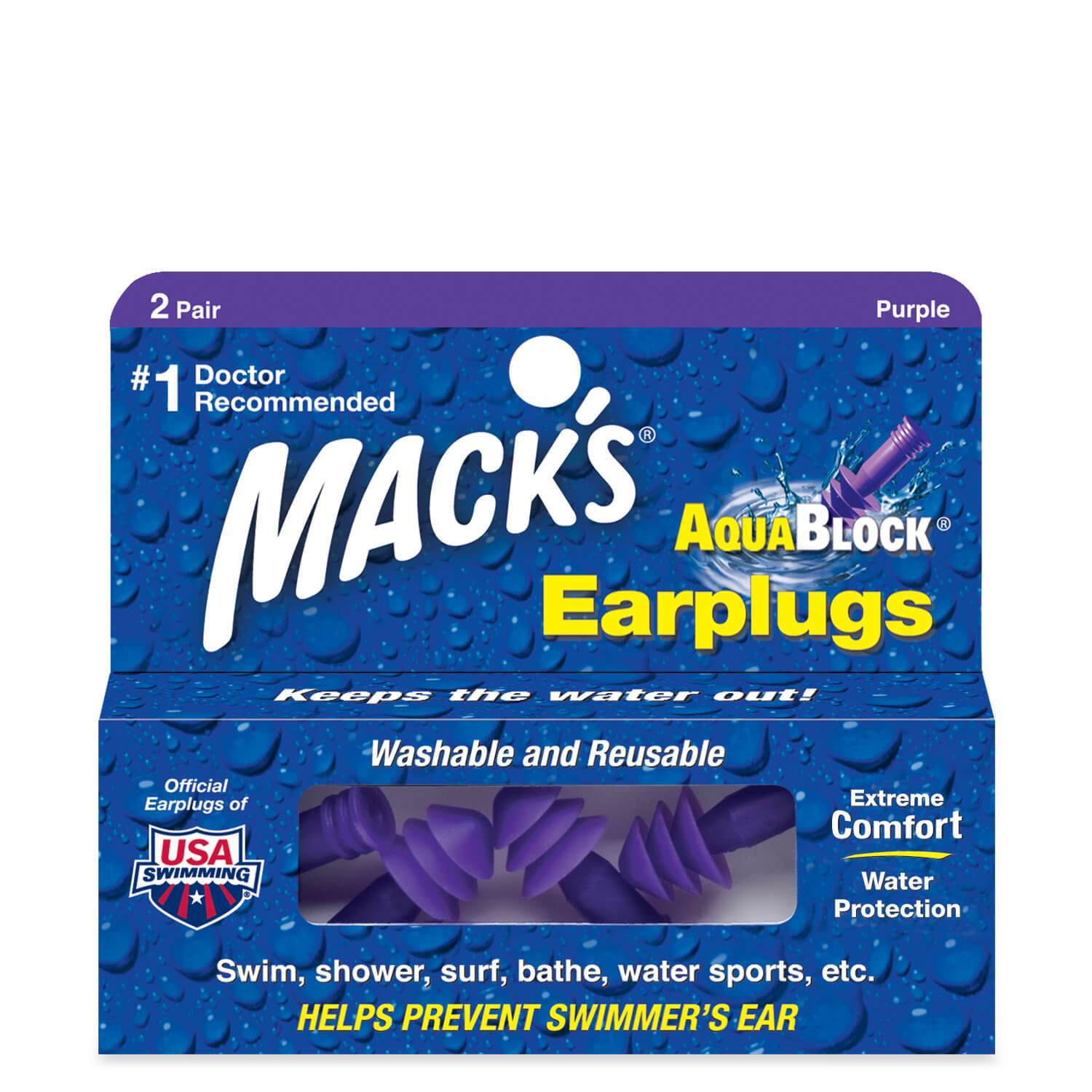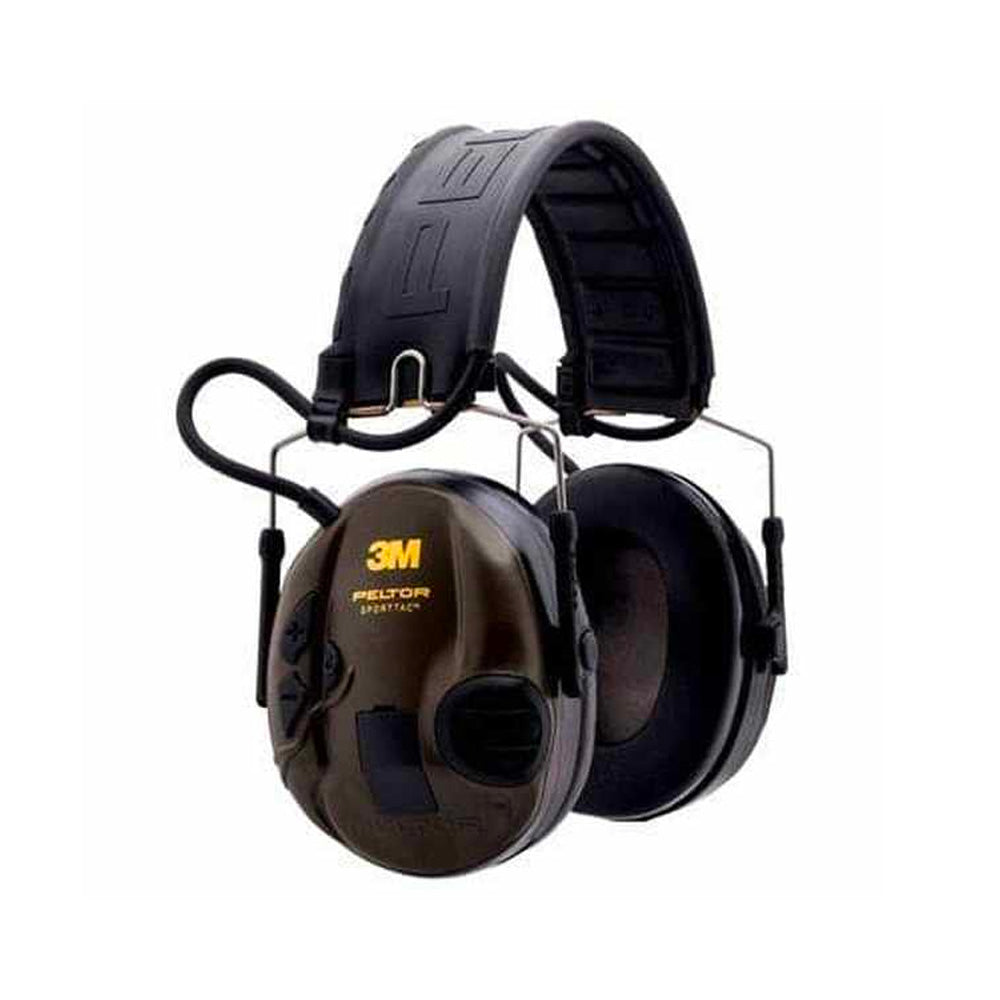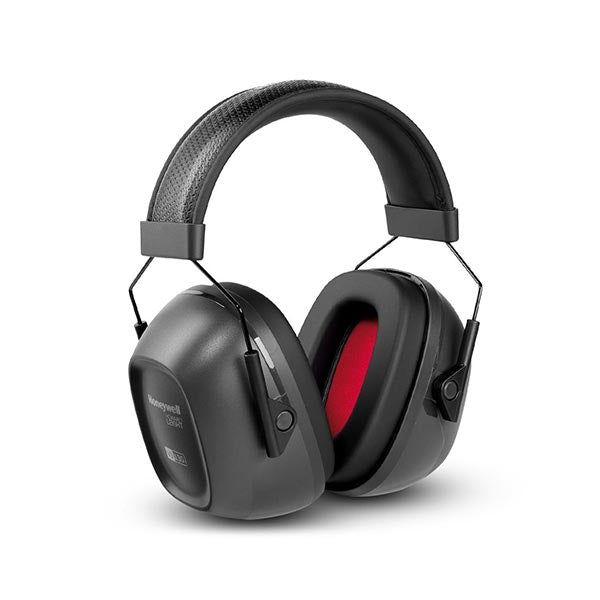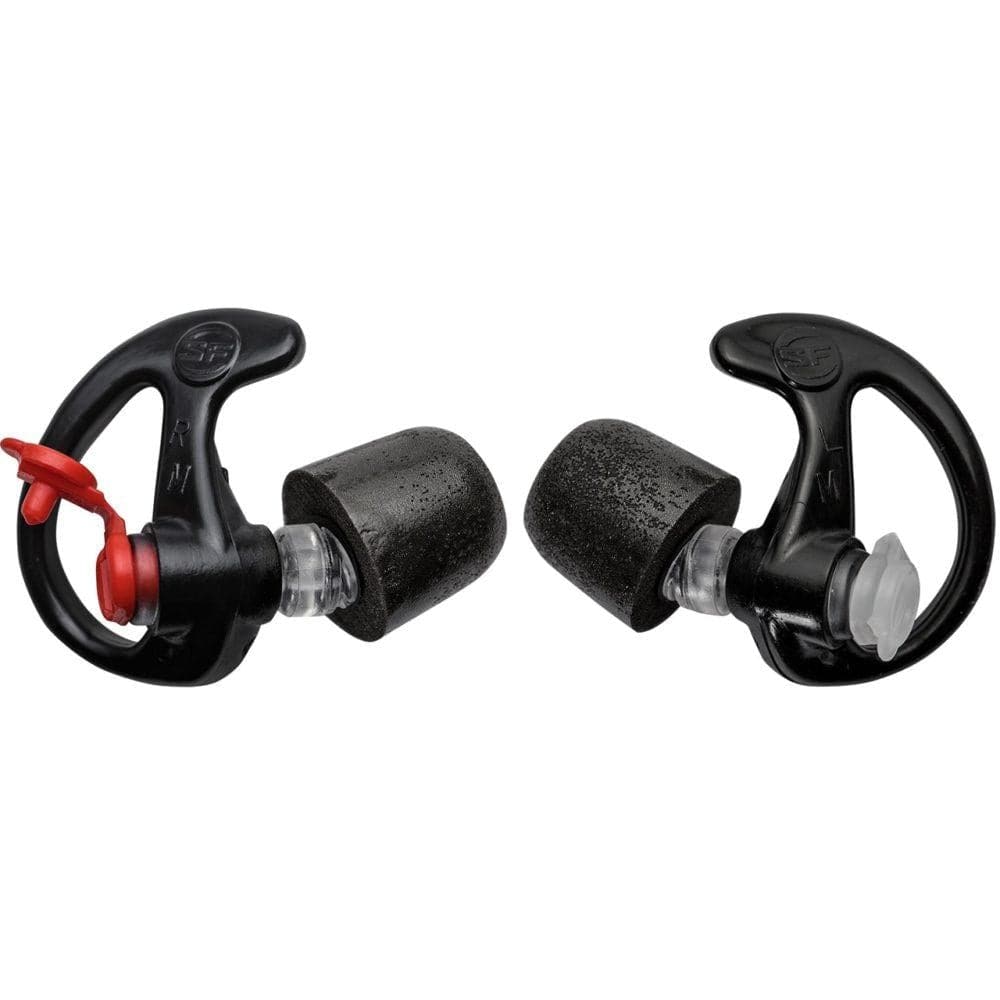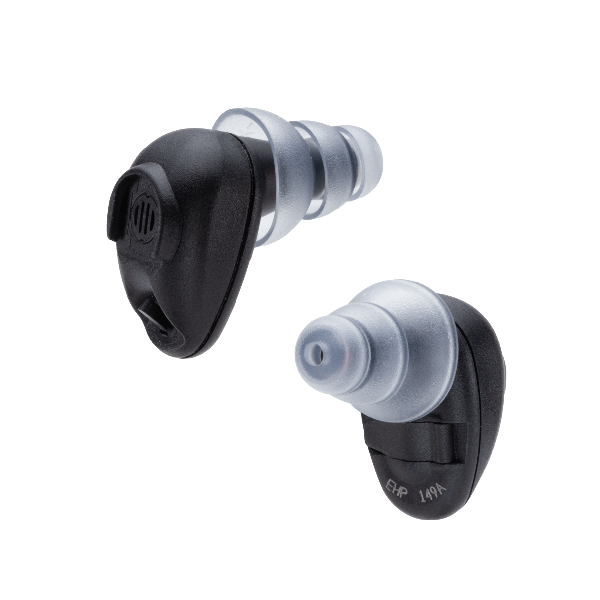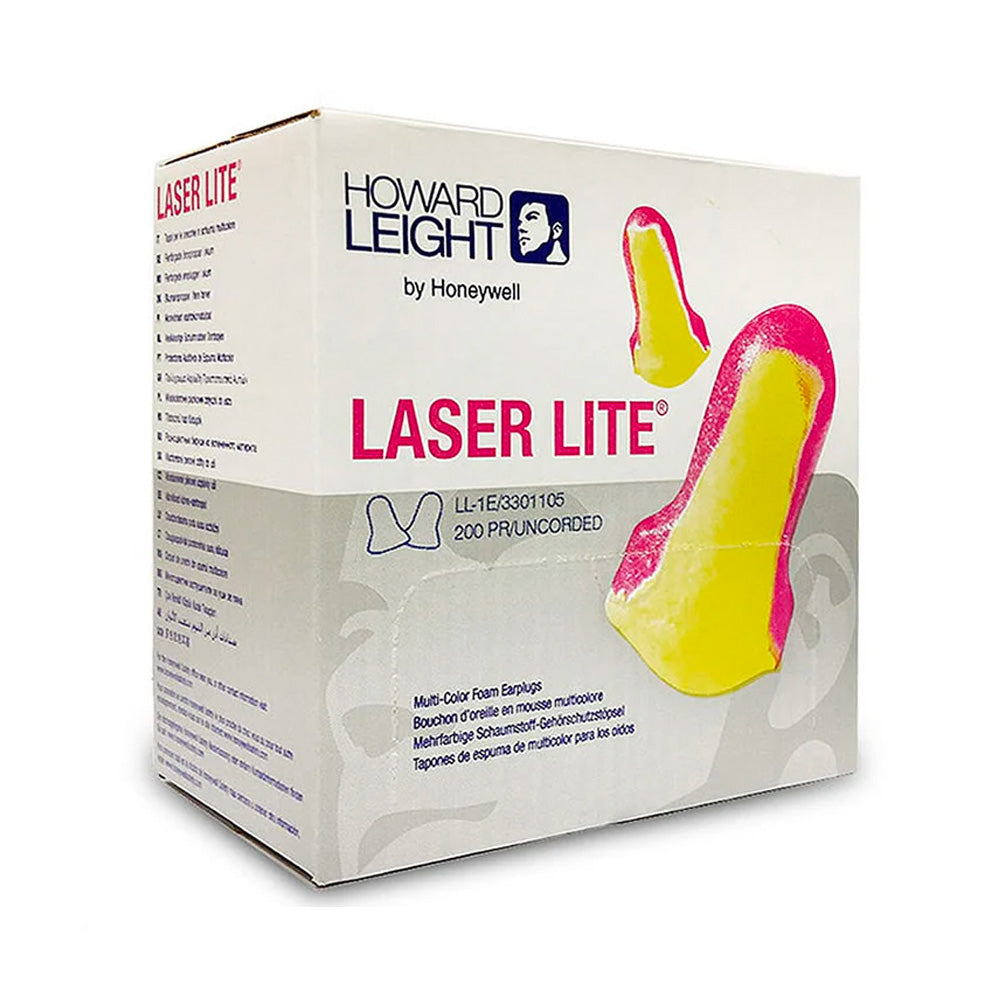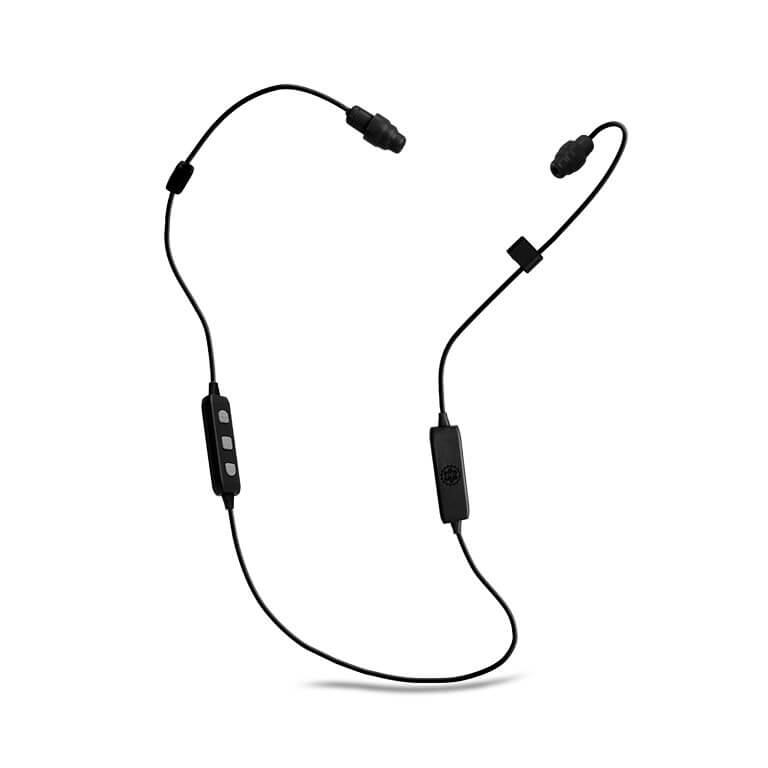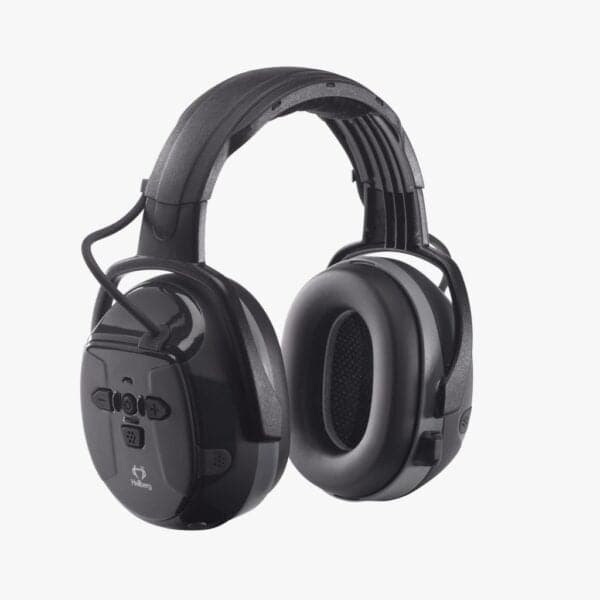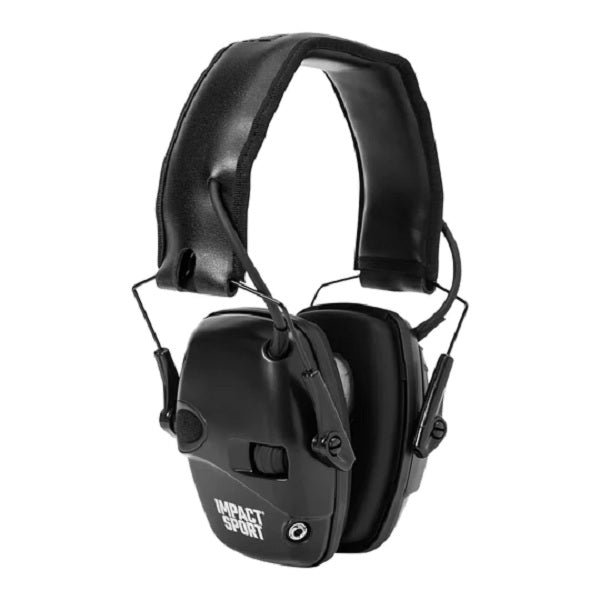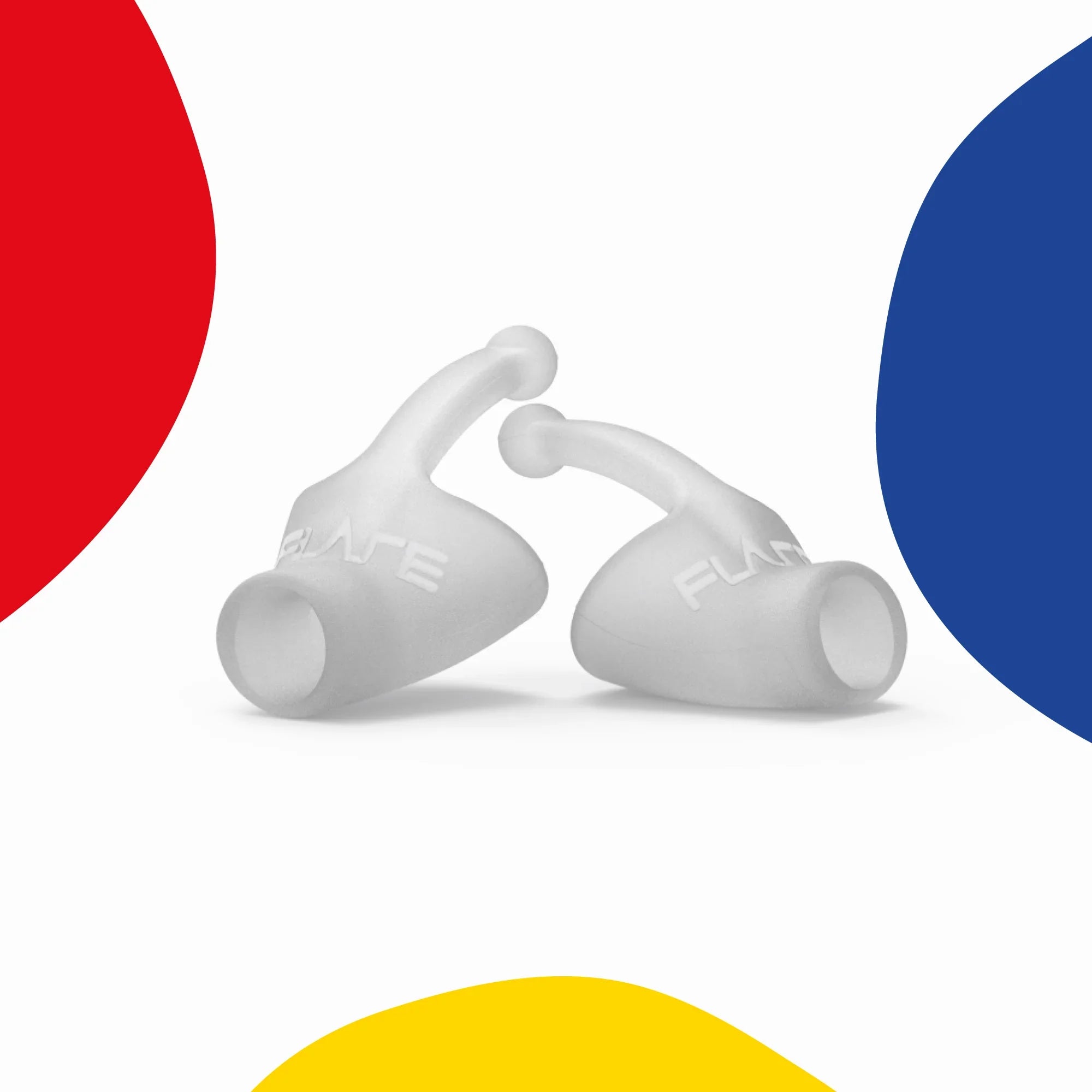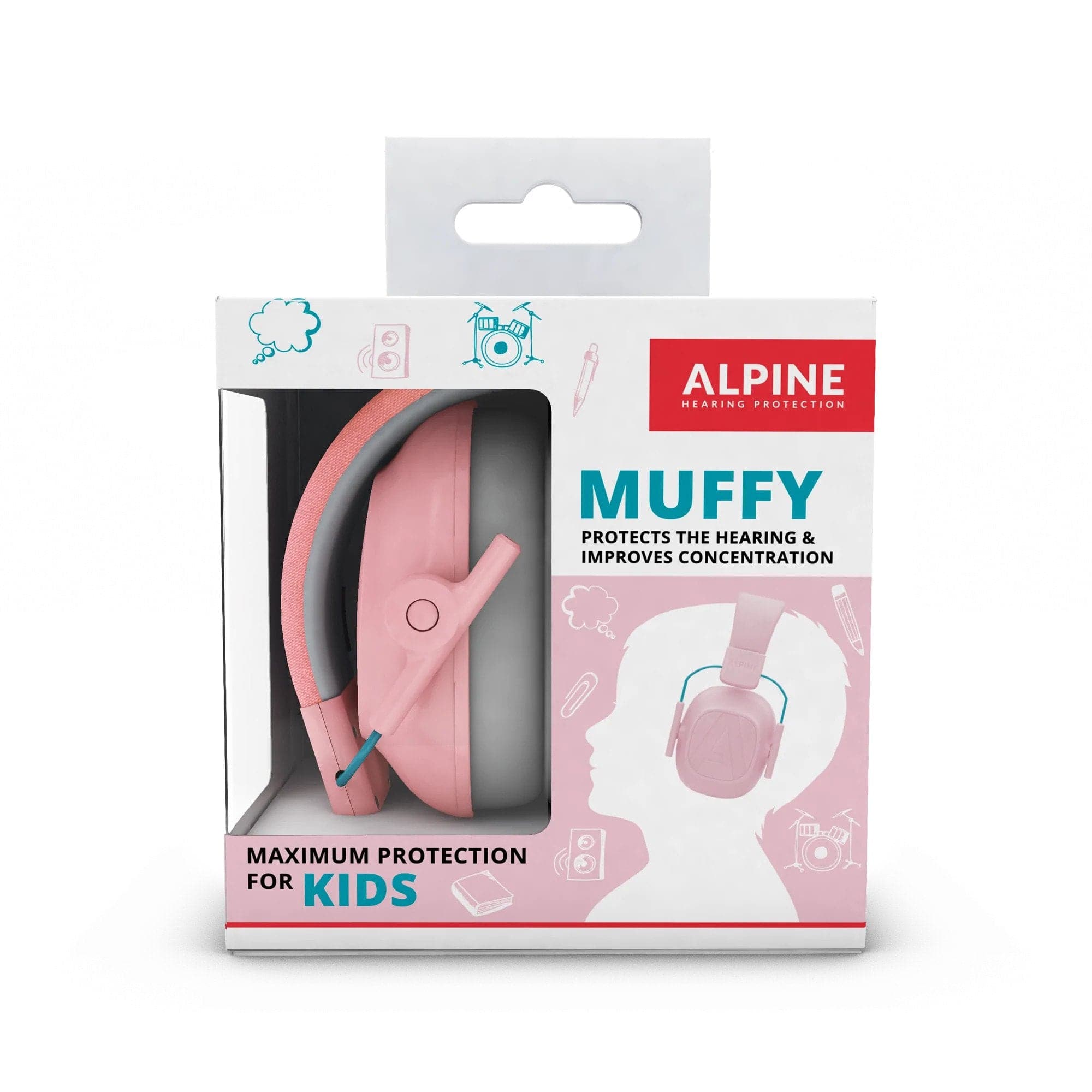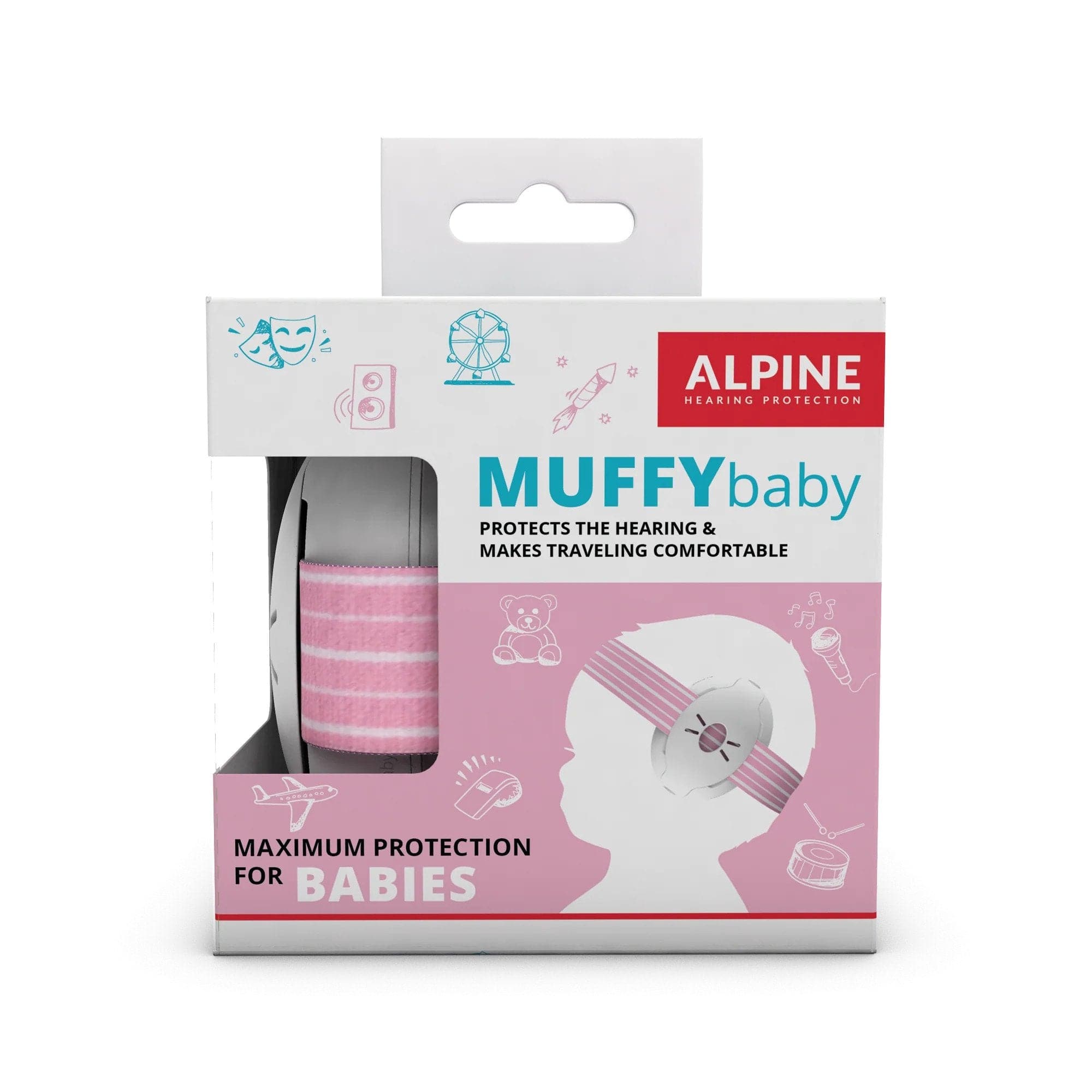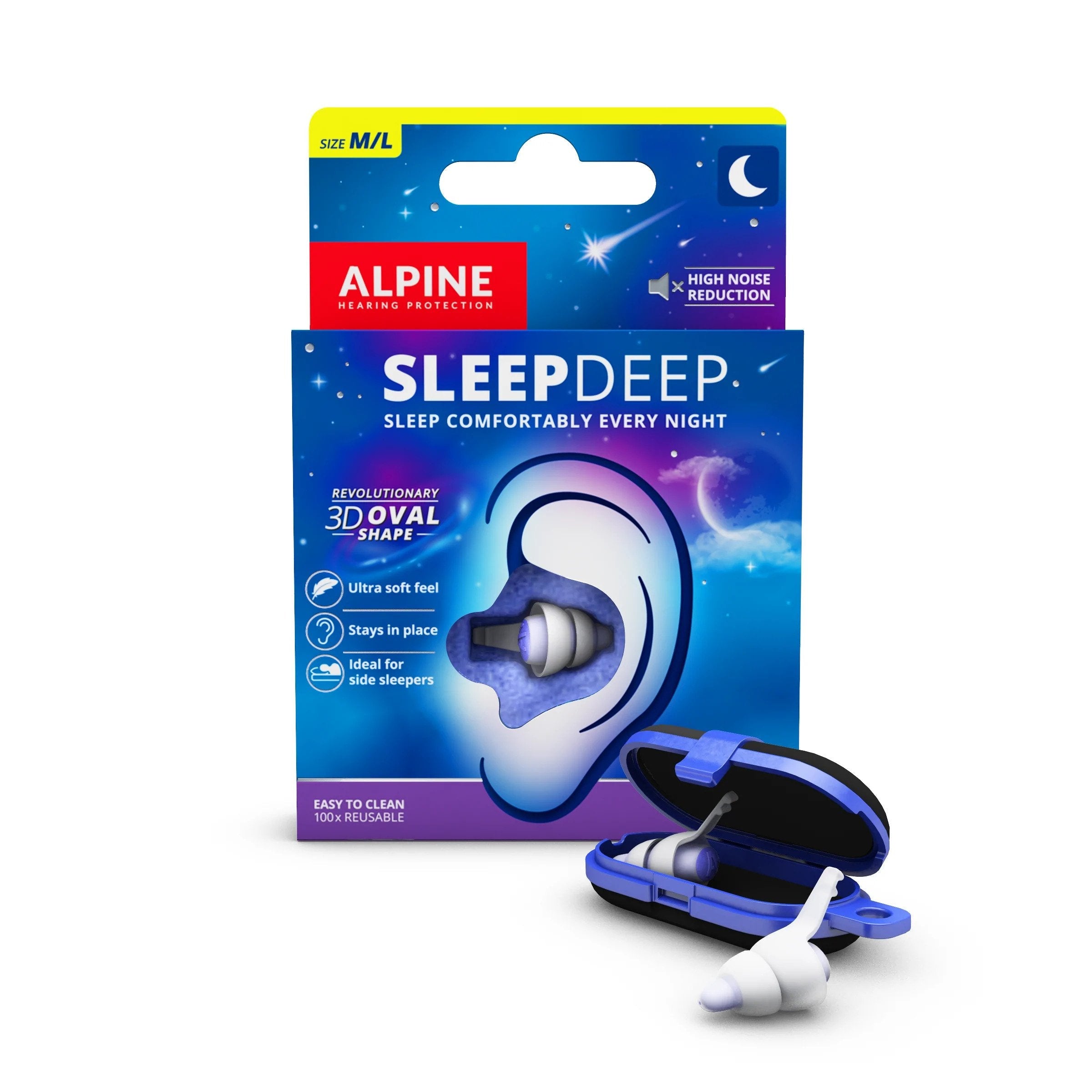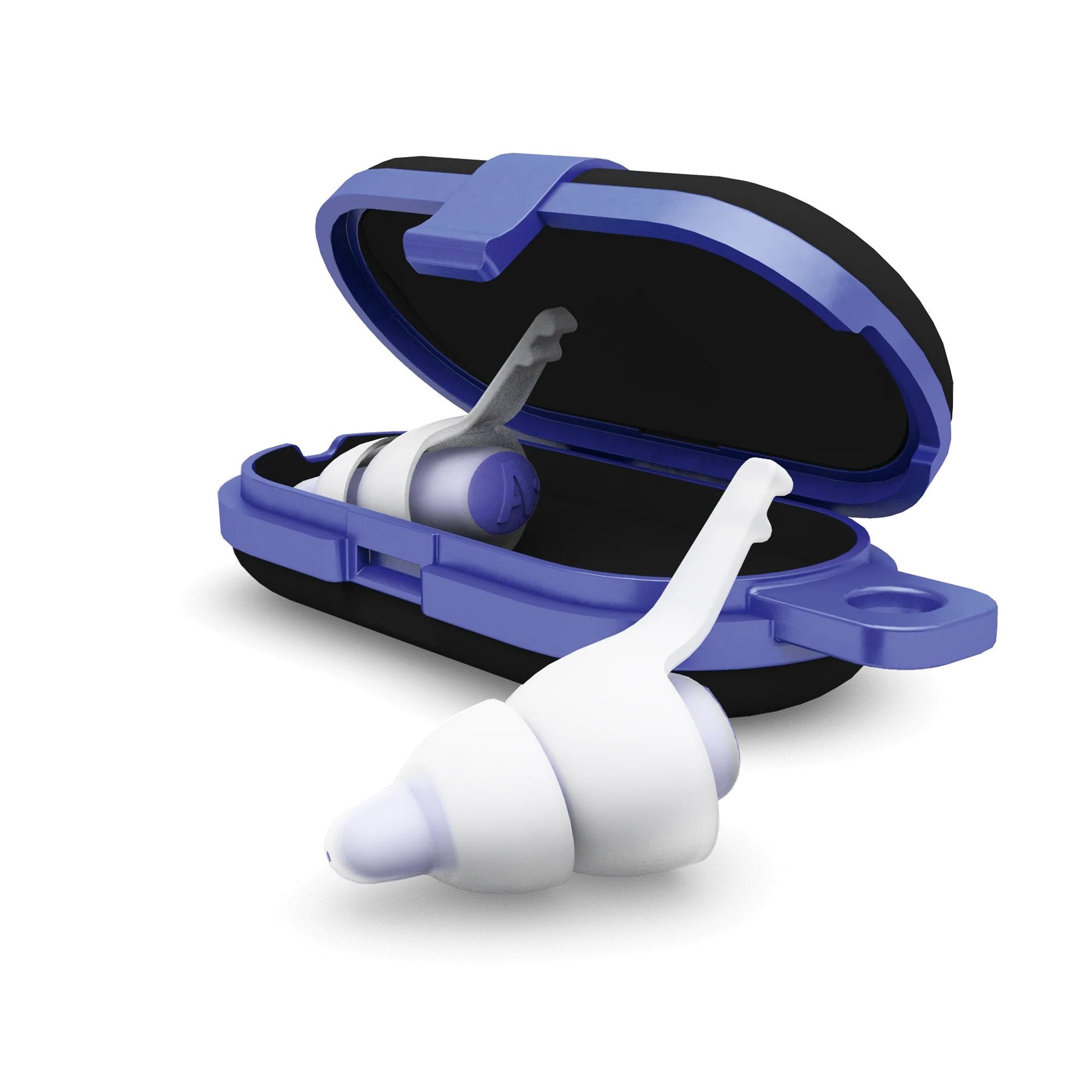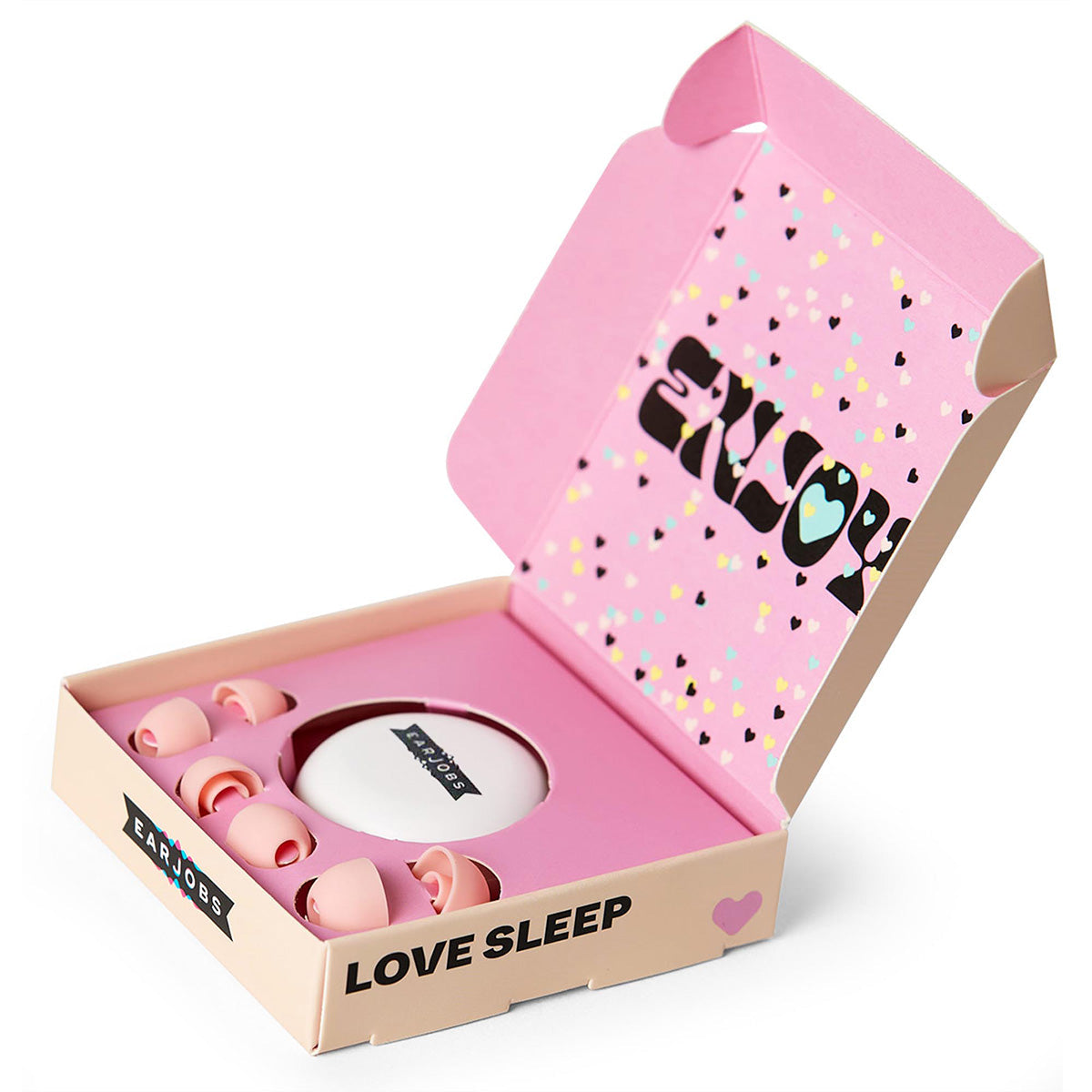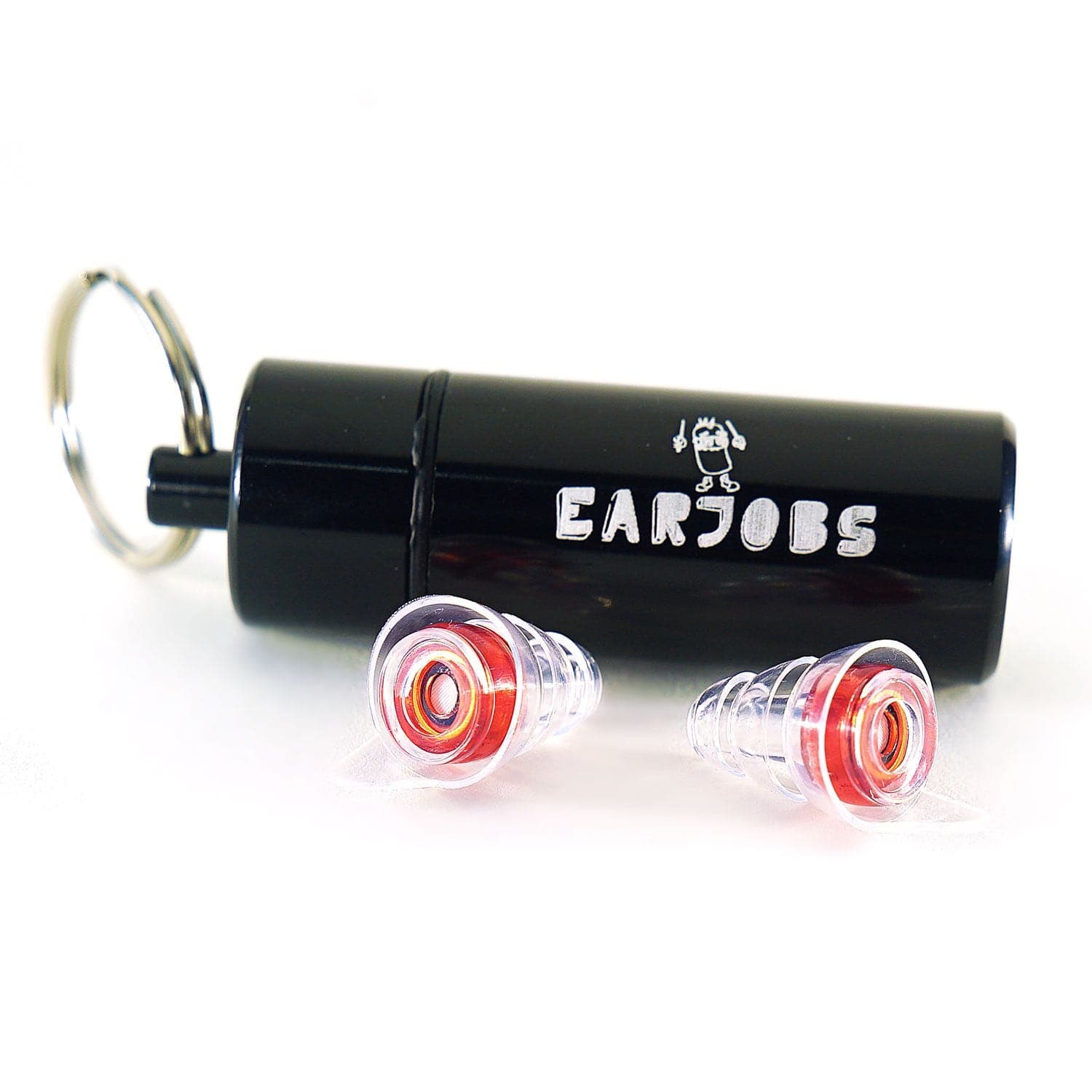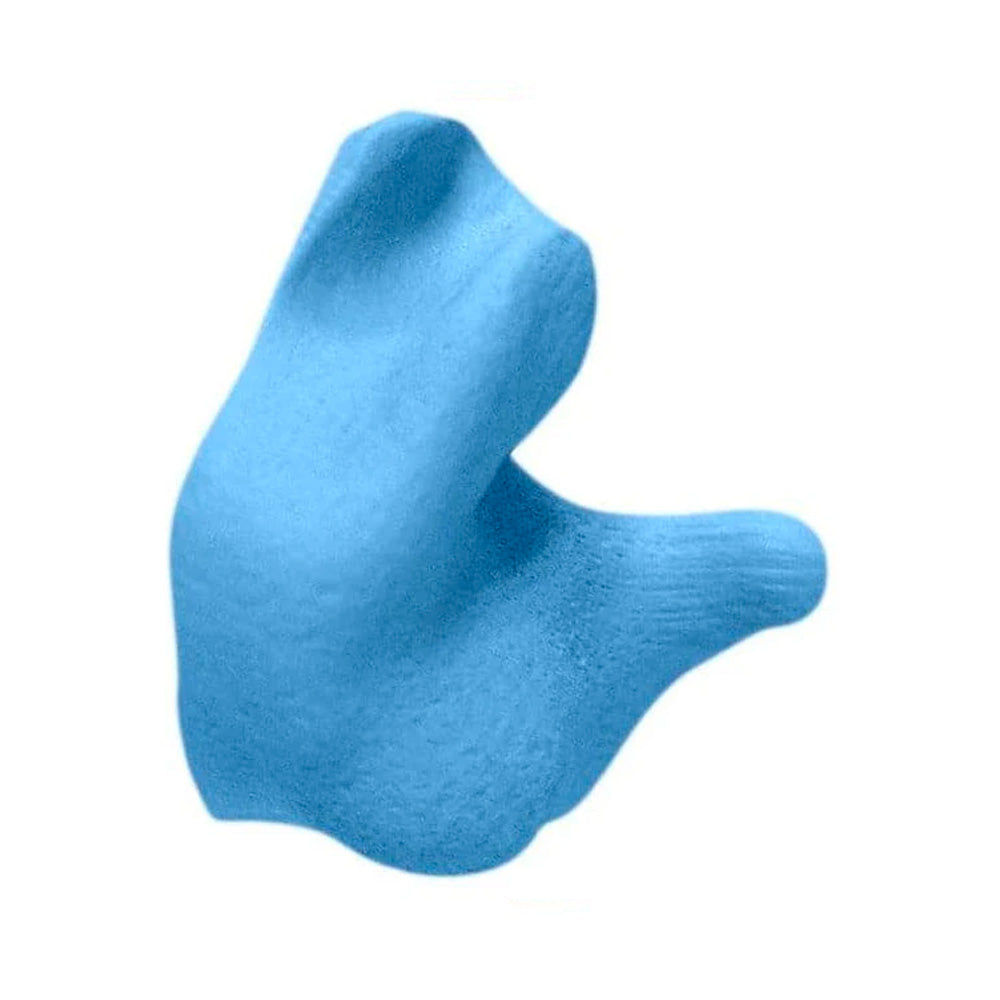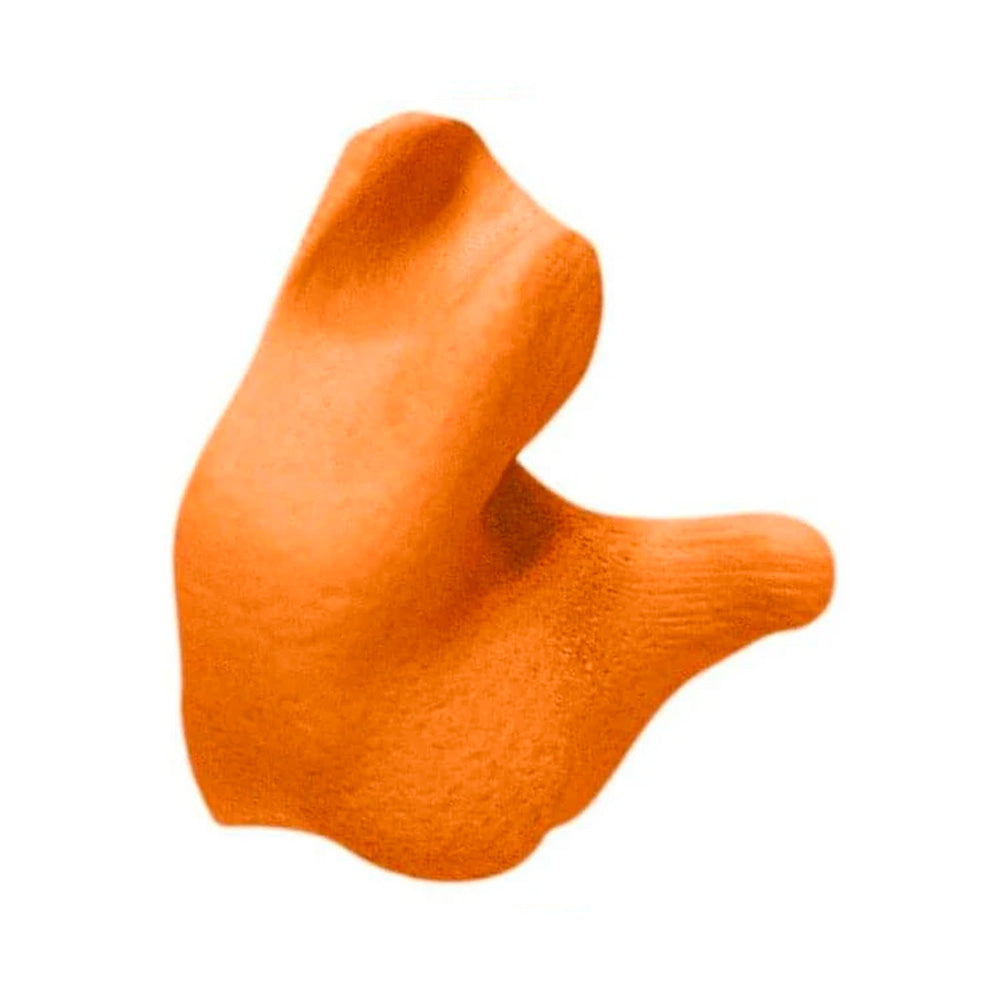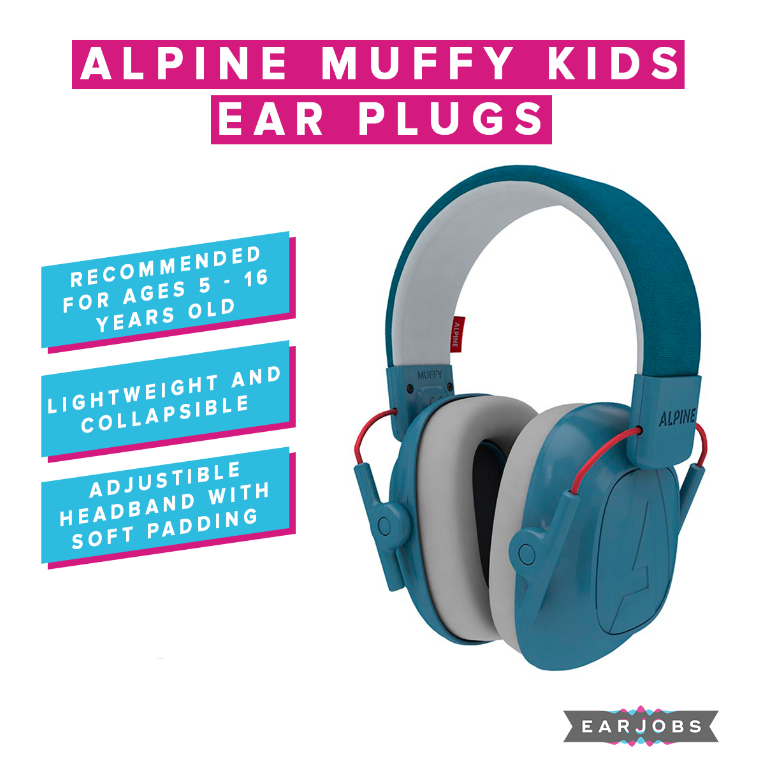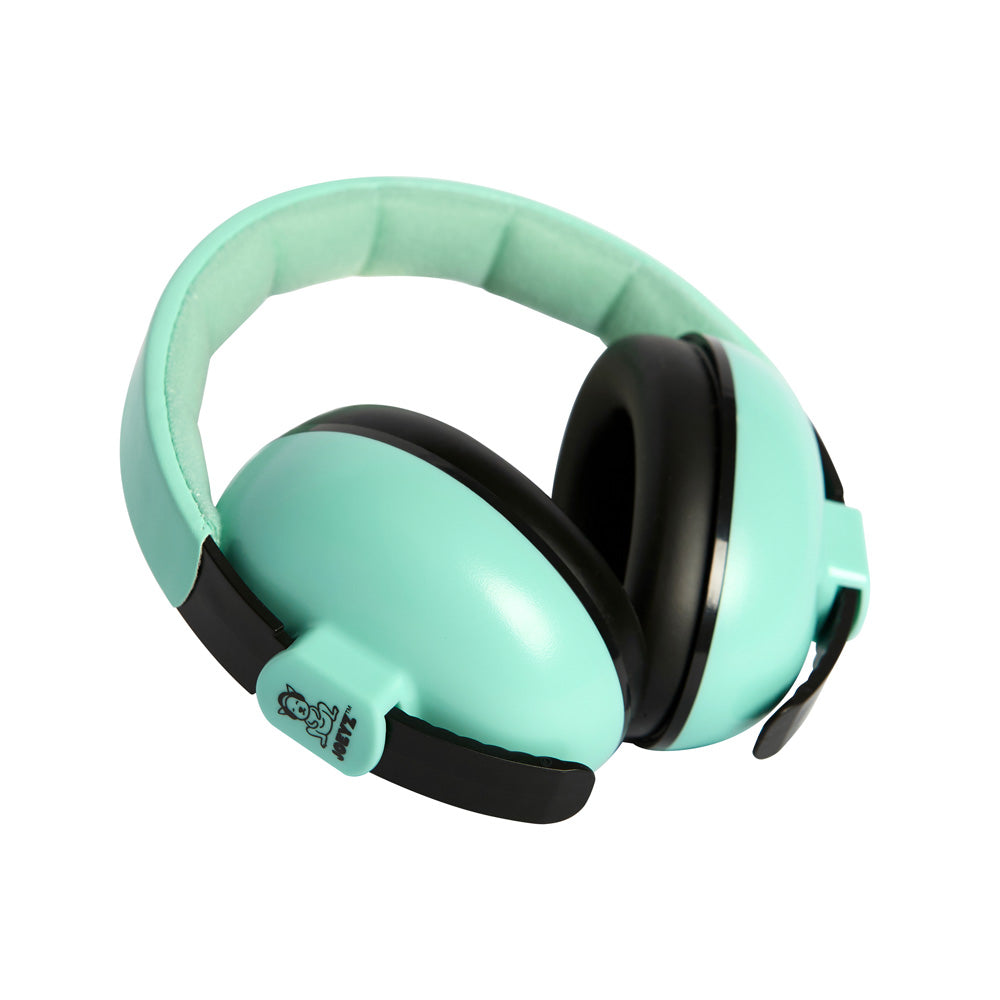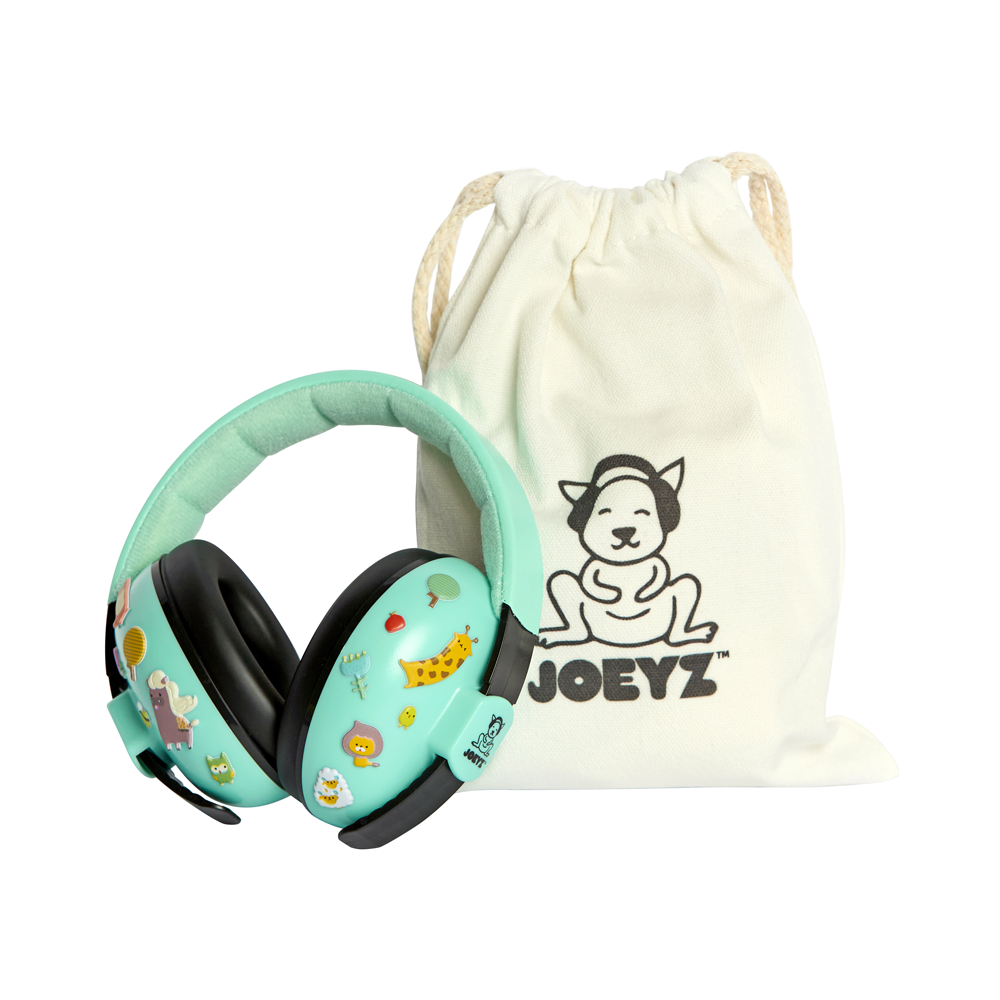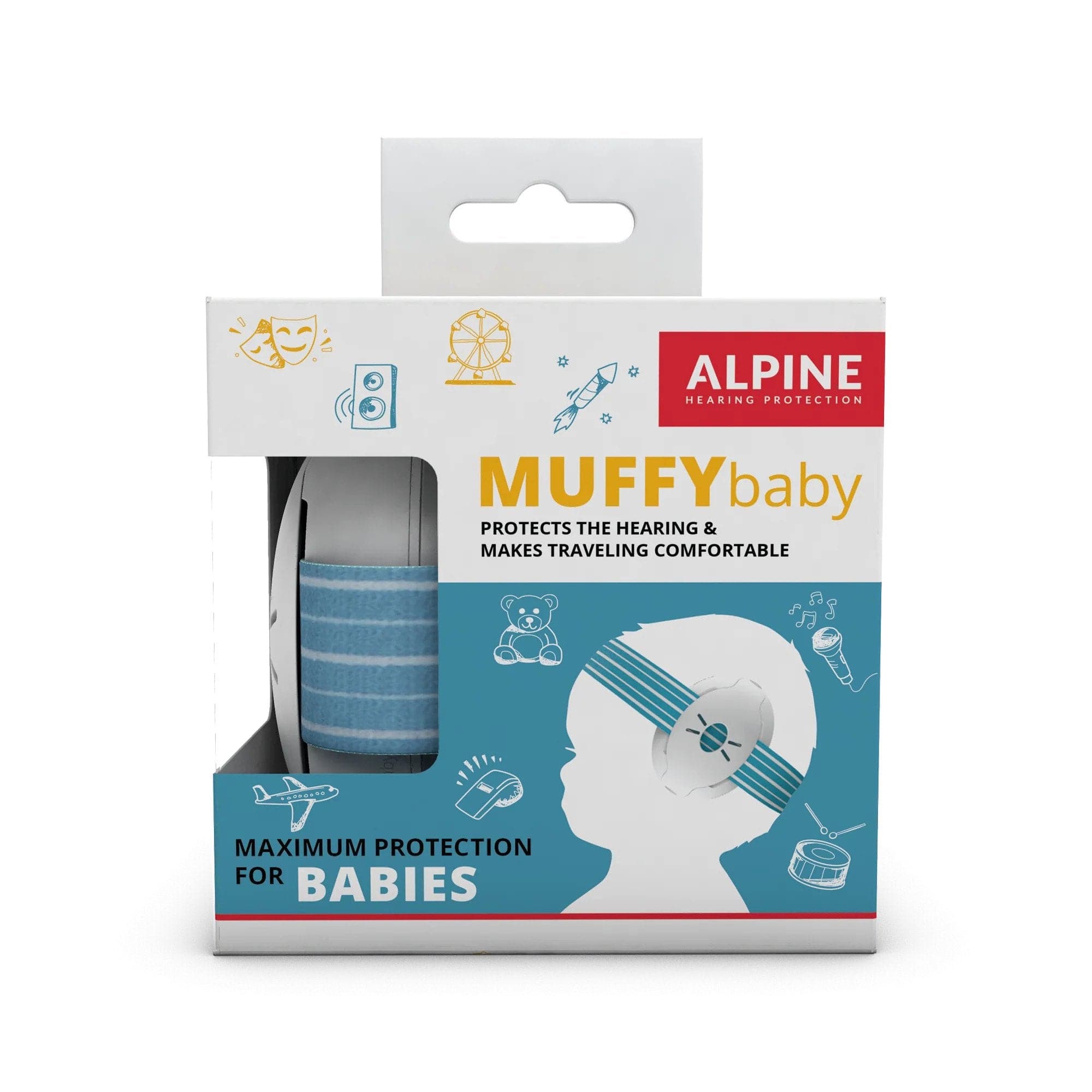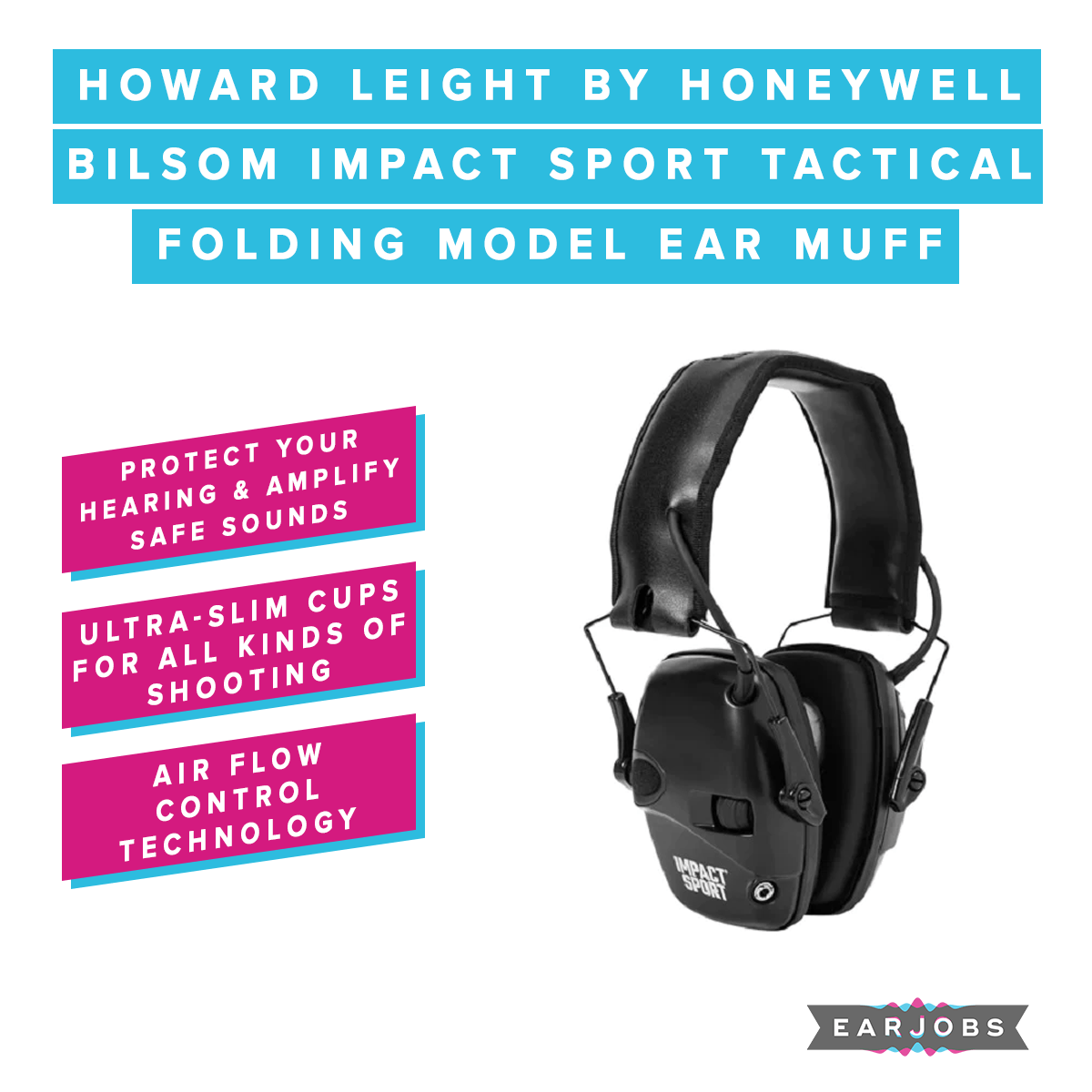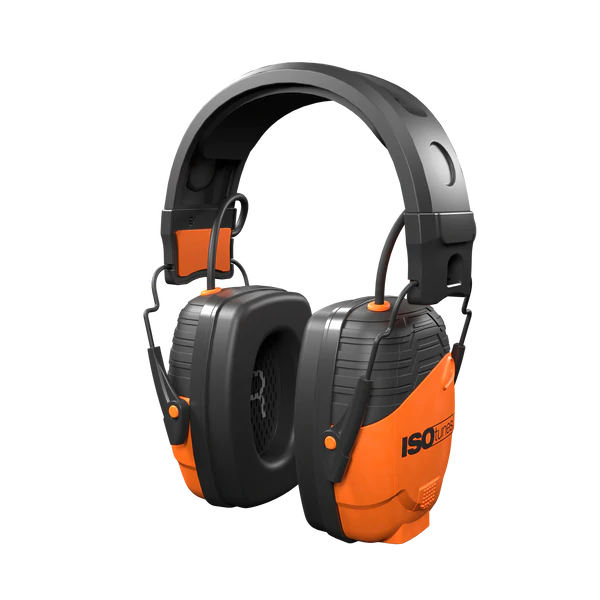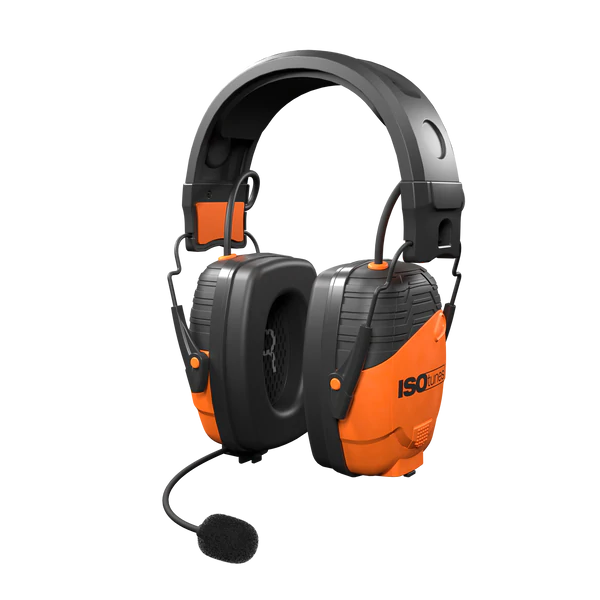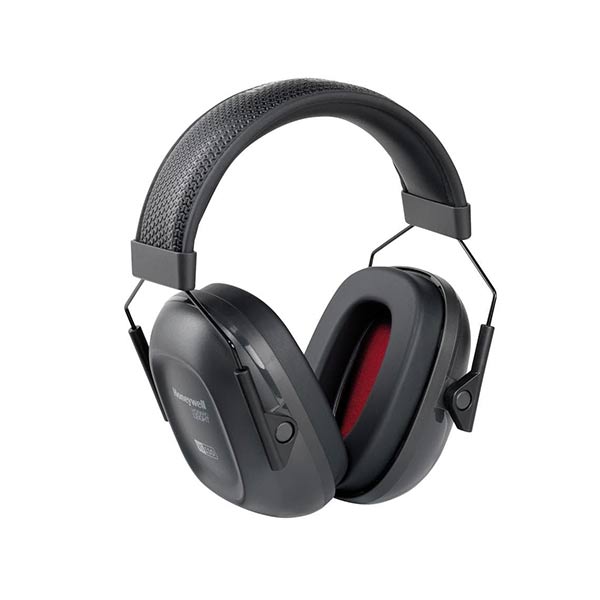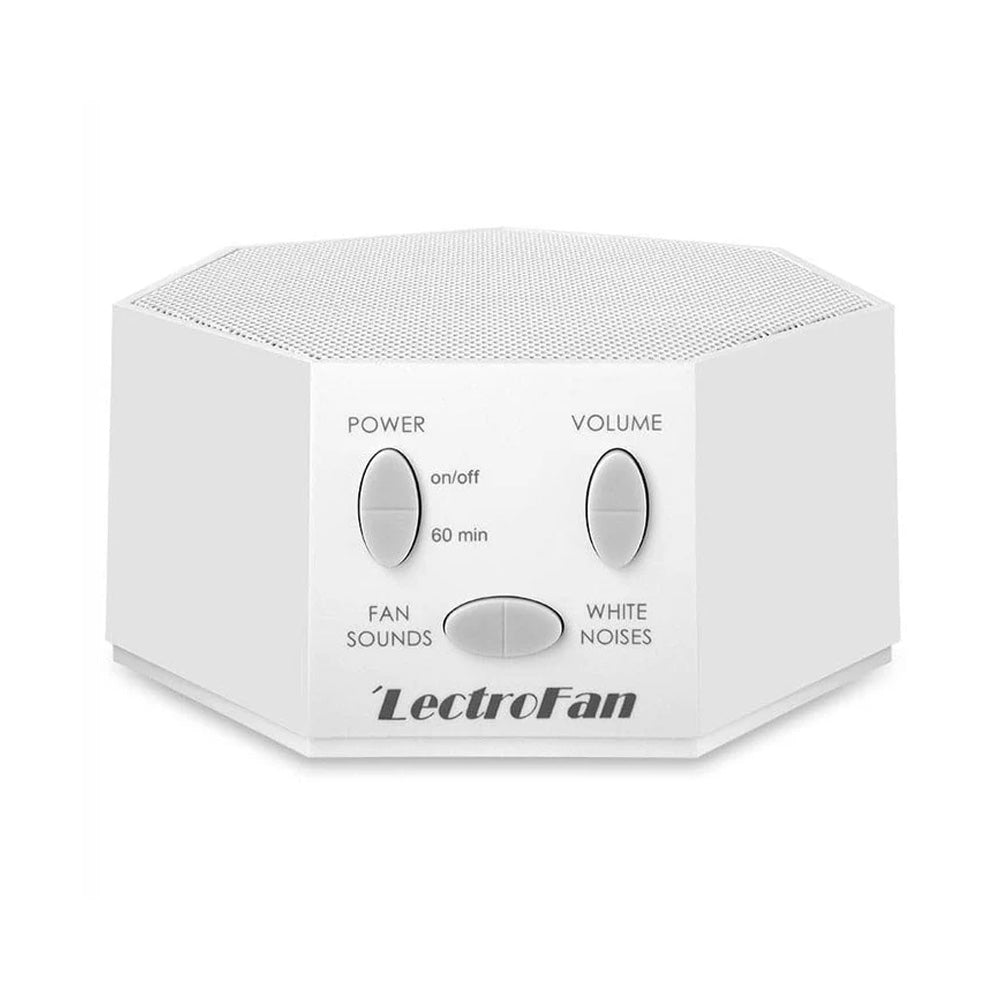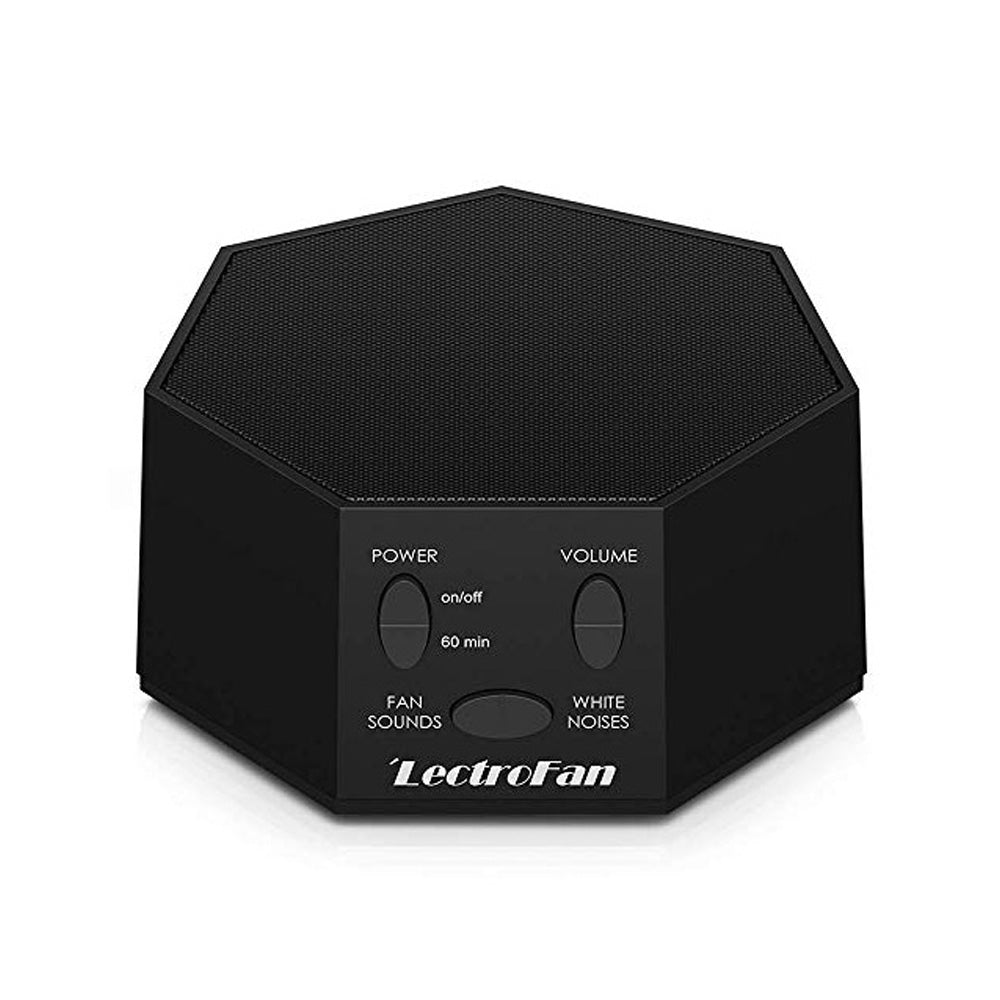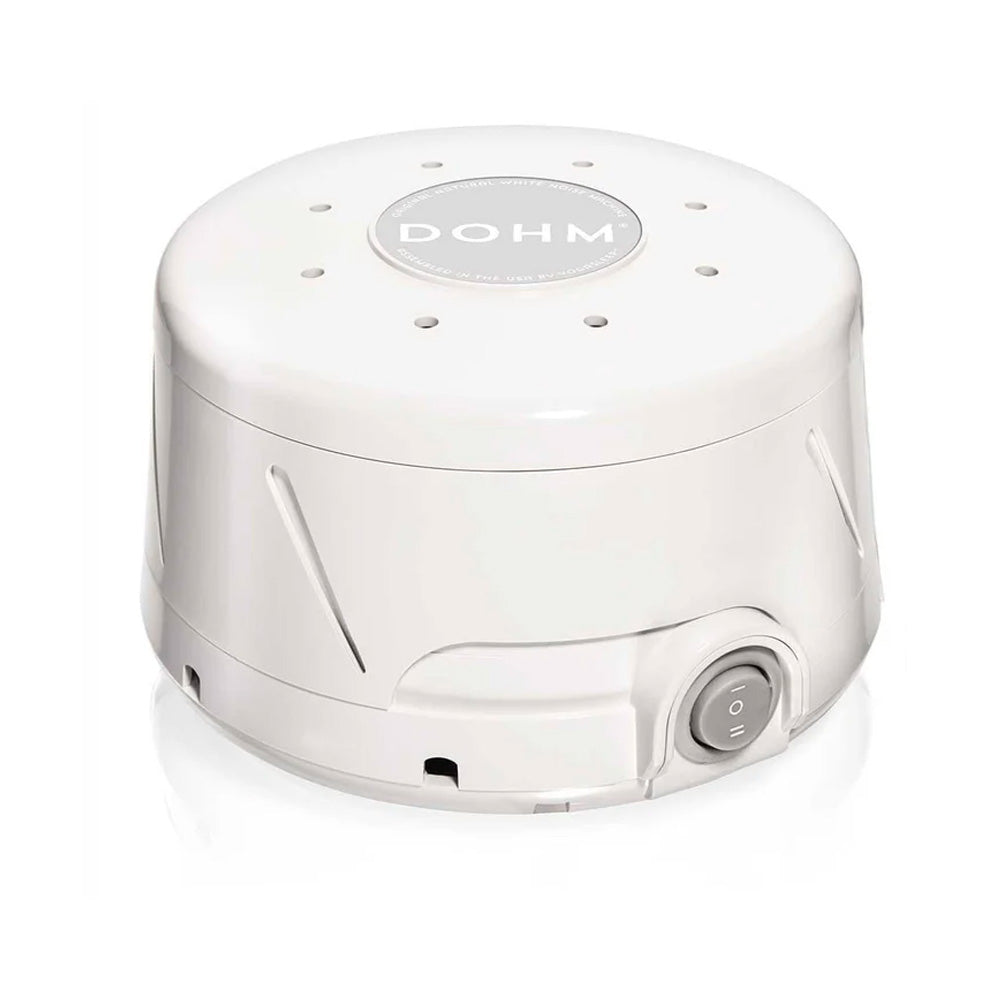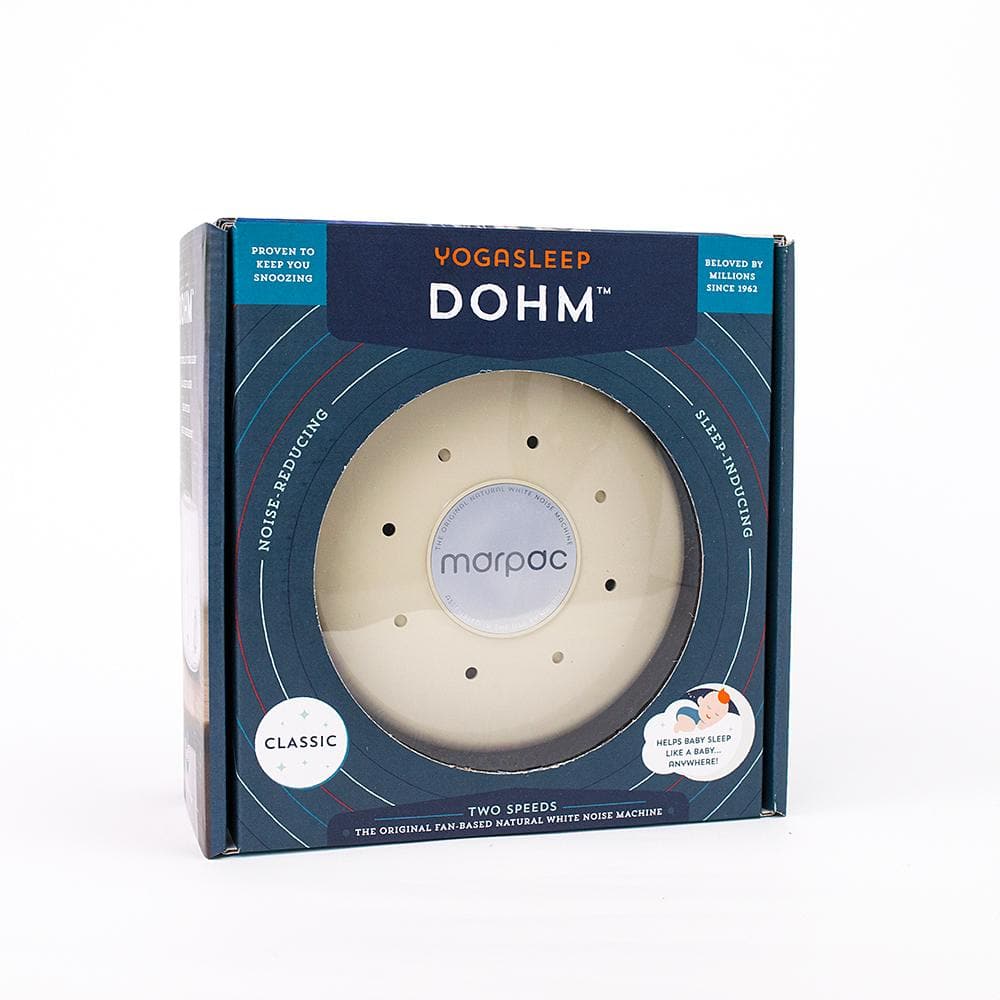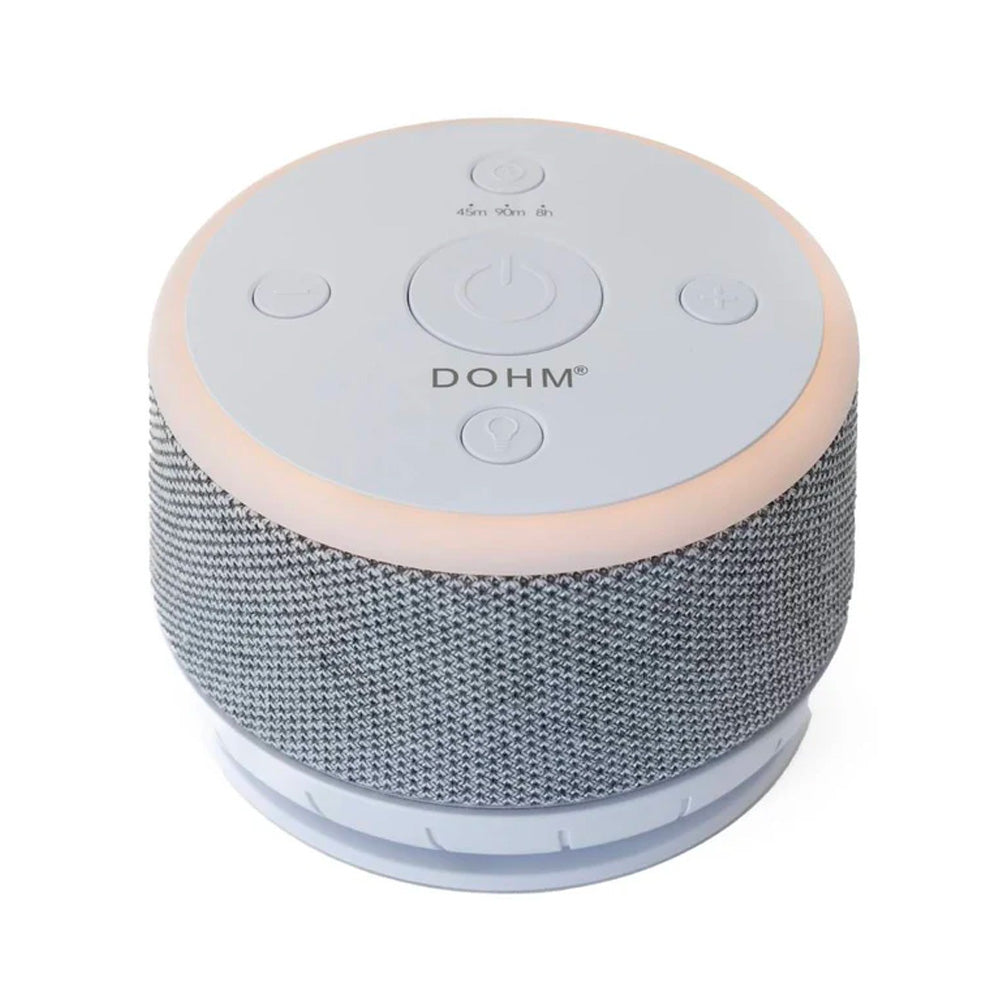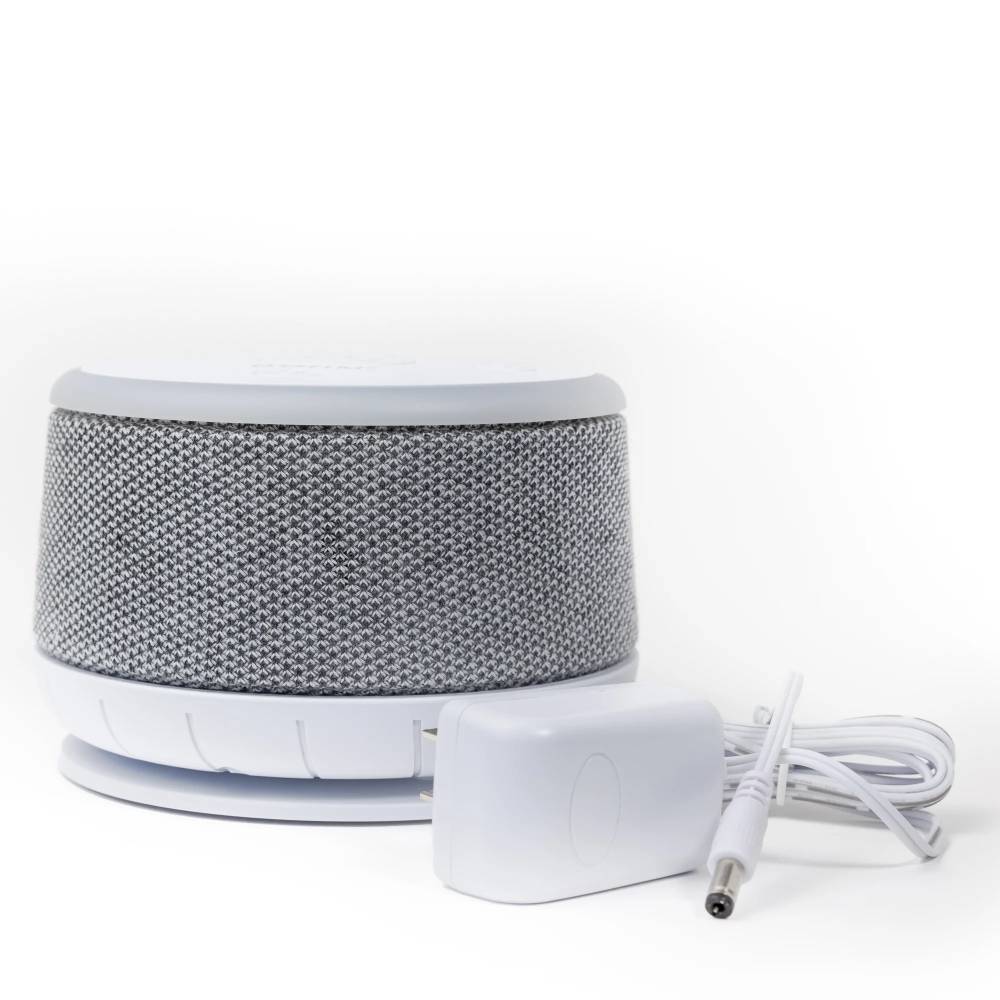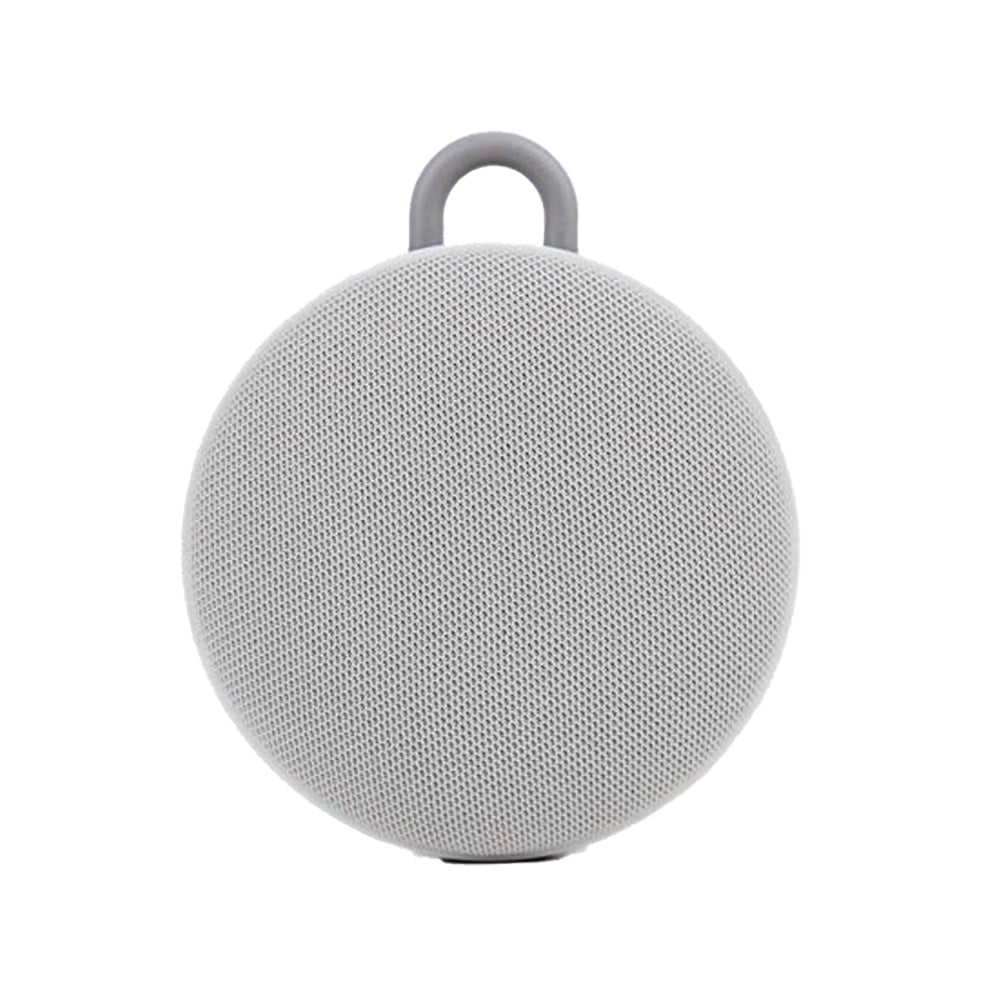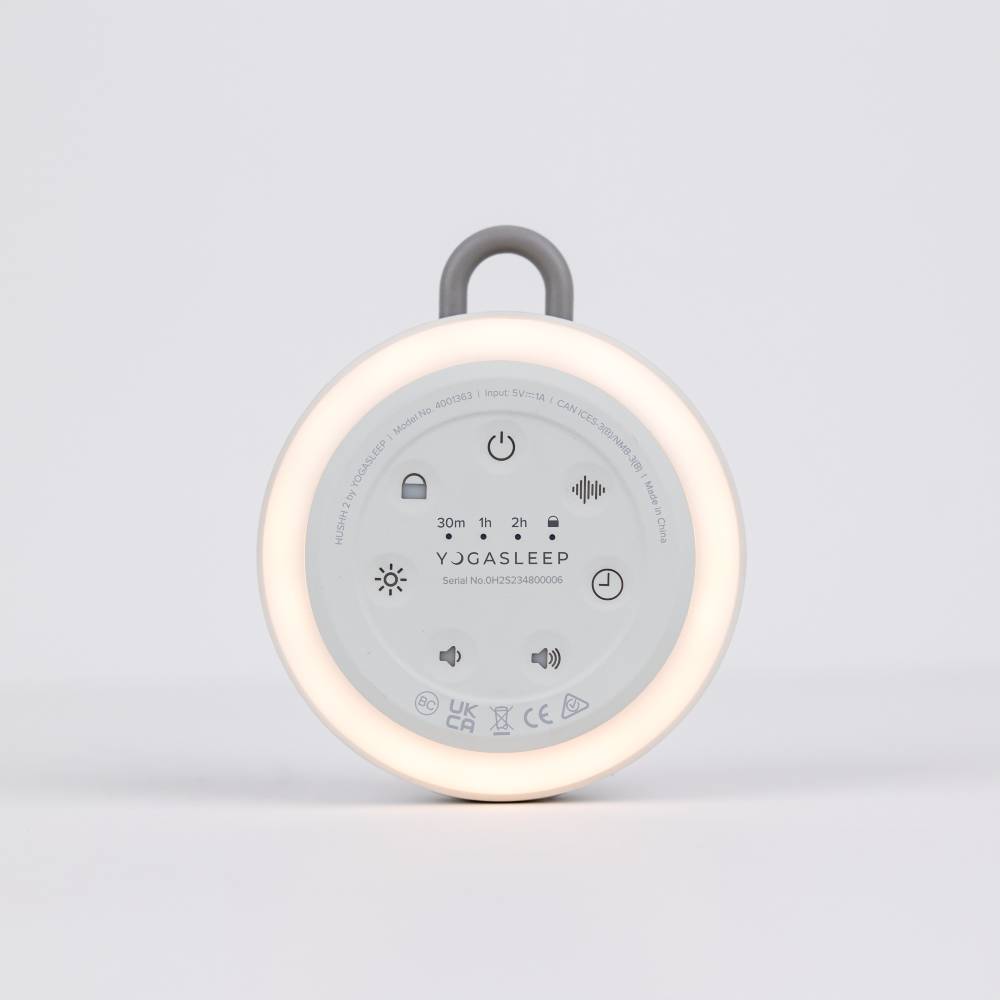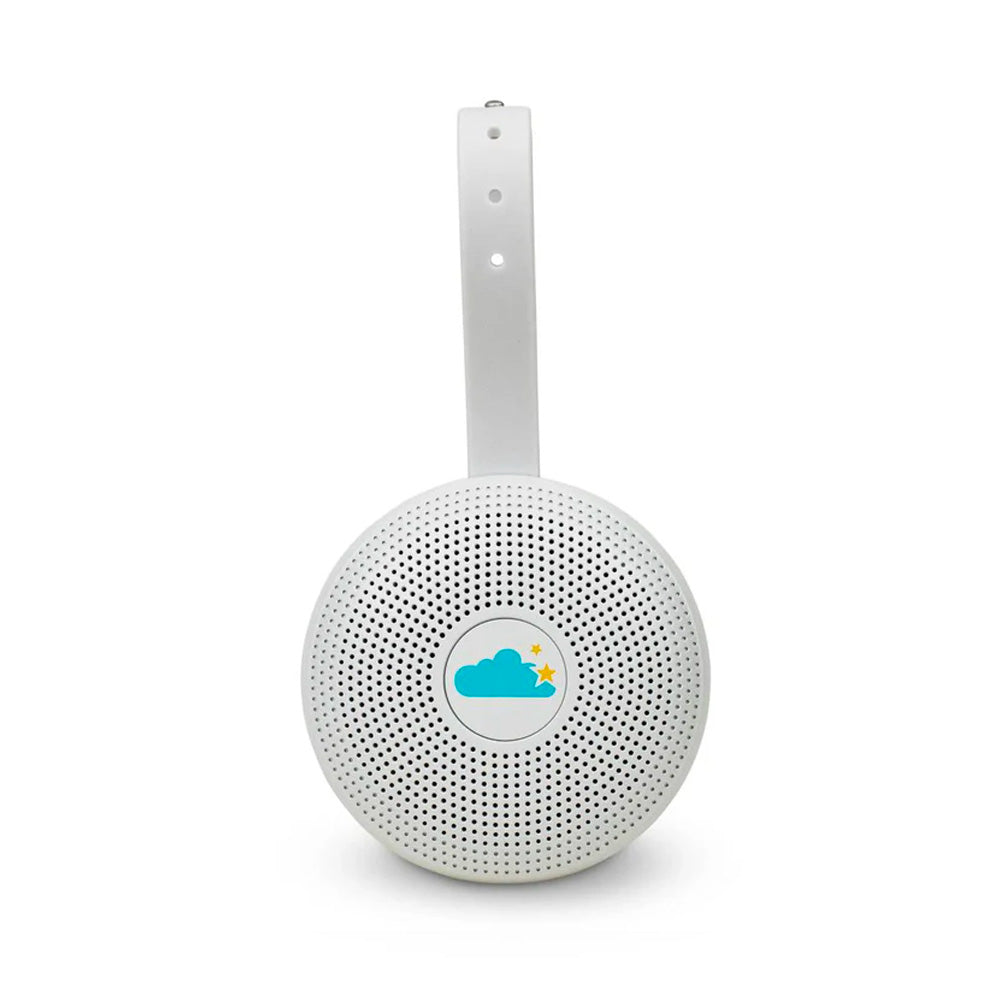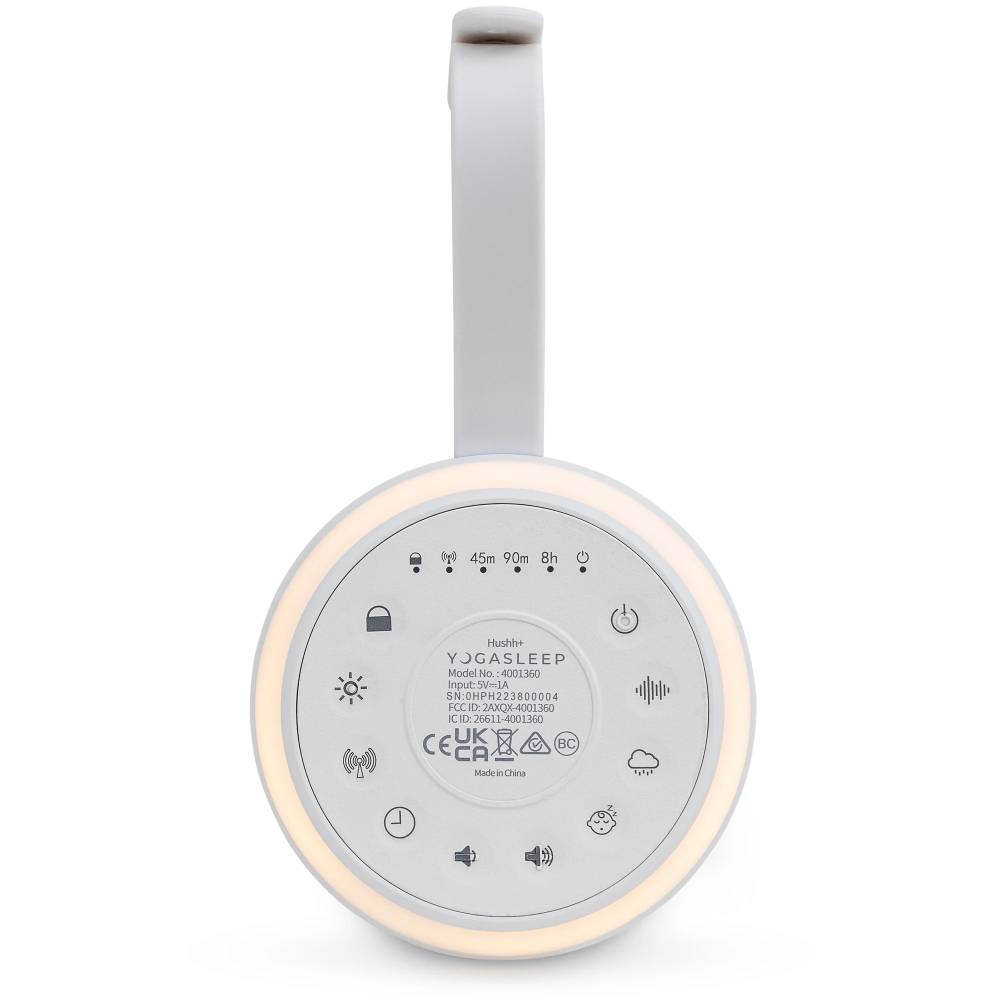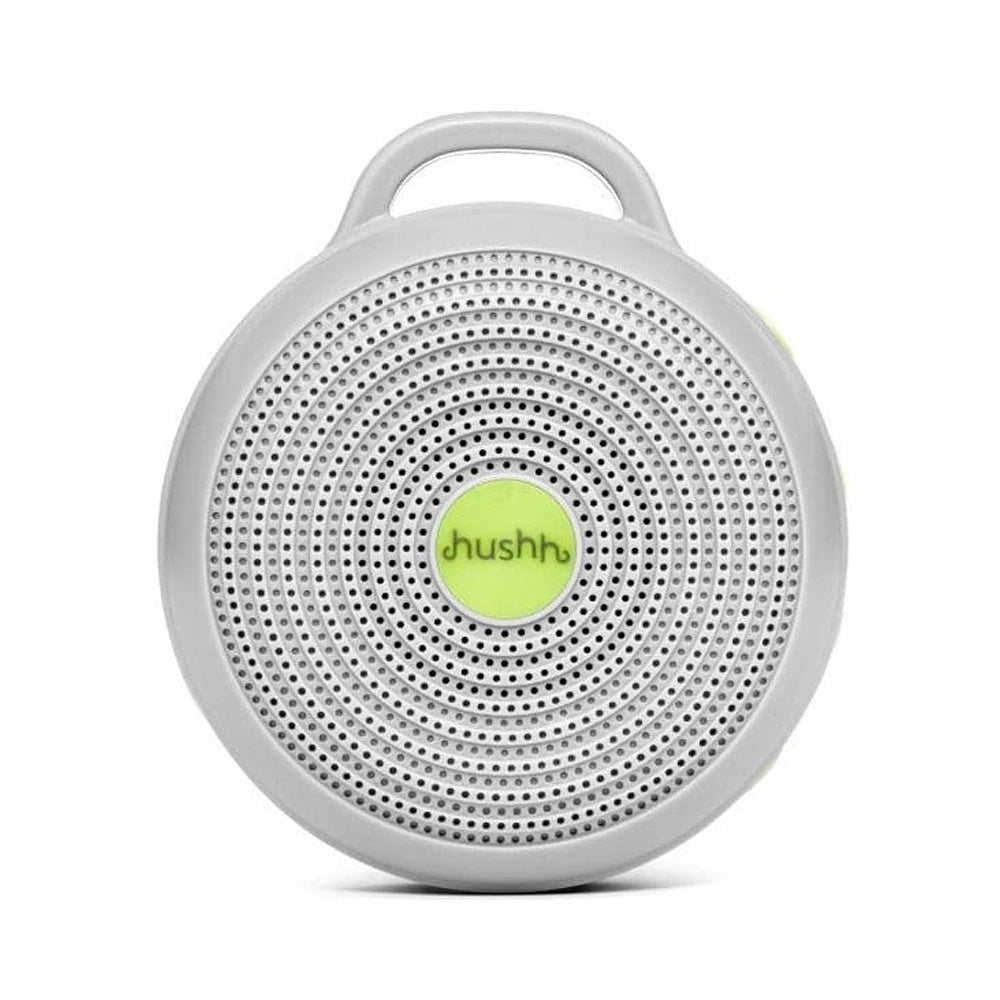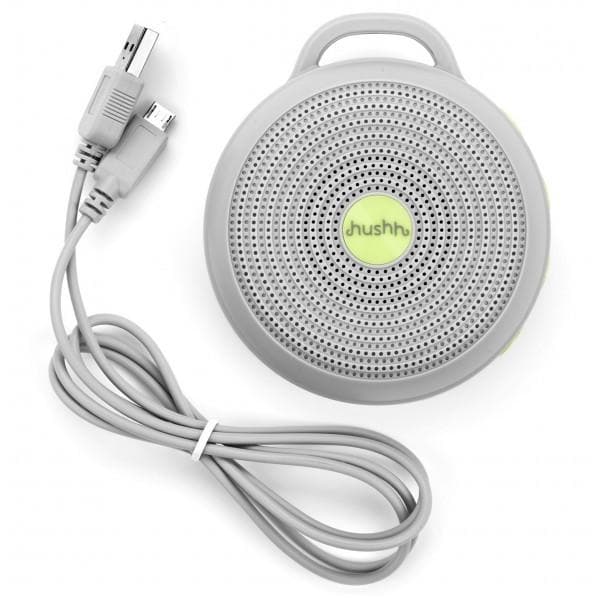Why Hearing Protection Matters
Your long-term hearing health
Hearing protection is crucial for preserving your long-term hearing health. Continuous exposure to loud noises can lead to temporary or permanent hearing loss, making it essential to take preventive measures.
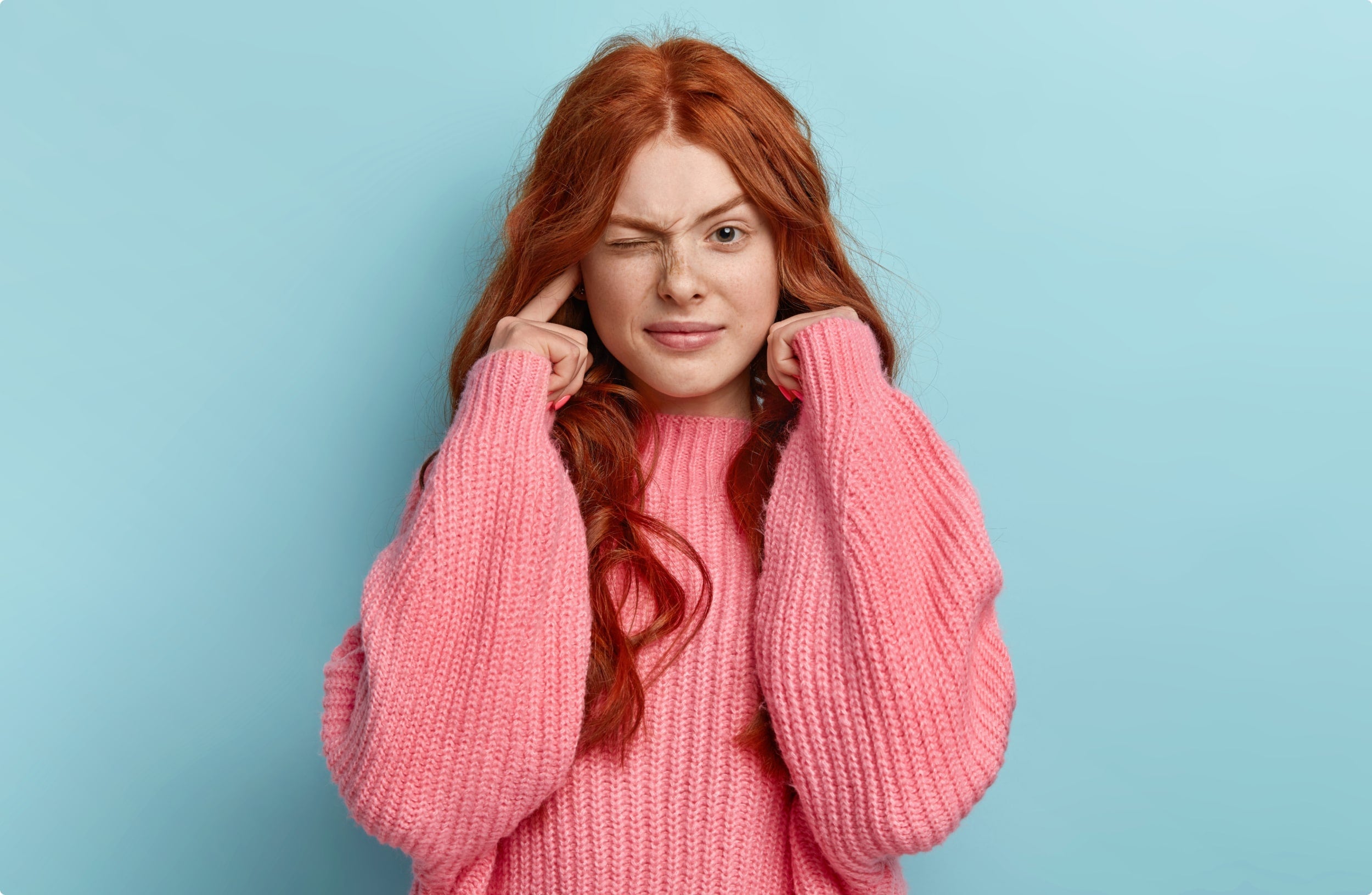
Common sources of harmful noise:
Concerts, workplaces (factories, offices with loud machinery), construction sites, motorsports events, music festivals, urban traffic, home improvement activities (e.g., power tools), and daily environments like public transportation or crowded cafes.
"Prolonged exposure to noise above 85 decibels can cause permanent hearing damage."
The Science of Noise and Hearing Loss
Sound waves enter the ear canal and cause the eardrum to vibrate. These vibrations are transmitted through the ossicles (tiny bones in the middle ear) to the cochlea, a spiral-shaped organ filled with fluid. Inside the cochlea, the vibrations create waves in the fluid, stimulating tiny hair cells. These hair cells convert mechanical energy into electrical signals that are sent to the brain via the auditory nerve. Prolonged exposure to loud sounds can damage these hair cells, leading to hearing loss, as they do not regenerate.
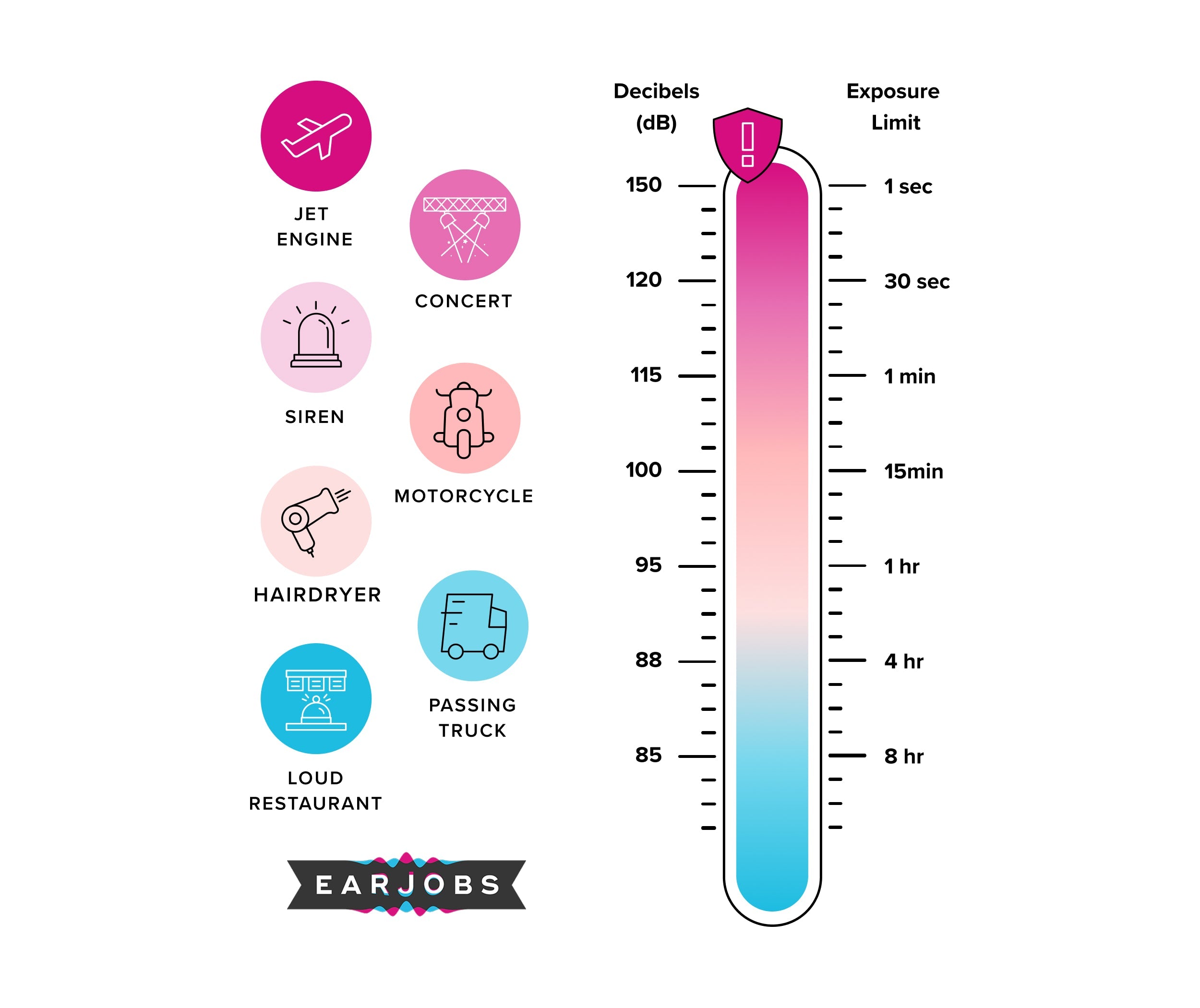
Temporary Hearing Loss
Temporary hearing loss occurs when exposure to loud noise causes a temporary reduction in hearing ability. This type of hearing loss typically resolves after a period of rest from loud sounds. Common causes include attending loud concerts or being near heavy machinery without protection.
Permanent Hearing Loss
Permanent hearing loss, on the other hand, results from prolonged or repeated exposure to high noise levels that damage the hair cells in the cochlea. Once damaged, these cells do not regenerate, leading to irreversible hearing impairment. This type of loss can occur due to chronic noise exposure at work or recreational activities without proper hearing protection.

Temporary Hearing Loss
Temporary hearing loss occurs when exposure to loud noise causes a temporary reduction in hearing ability. This type of hearing loss typically resolves after a period of rest from loud sounds. Common causes include attending loud concerts or being near heavy machinery without protection.
Permanent Hearing Loss
Permanent hearing loss, on the other hand, results from prolonged or repeated exposure to high noise levels that damage the hair cells in the cochlea. Once damaged, these cells do not regenerate, leading to irreversible hearing impairment. This type of loss can occur due to chronic noise exposure at work or recreational activities without proper hearing protection.
Choose The Right Hearing Protection For Your Needs
Ear Plugs
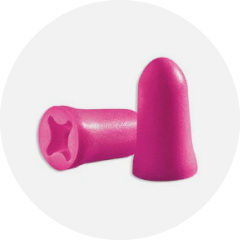
Foam Ear Plugs
Expand in the ear canal to block out noise. Ideal for sleeping, travel, and industrial work. Shop Now
Silicone & Wax Ear Plugs
Creates a seal over the ear canal for max comfort and protection. Shop Now

Custom-moulded Ear Plugs
Custom fitted to the user’s ear for the ultimate fit. Shop Now
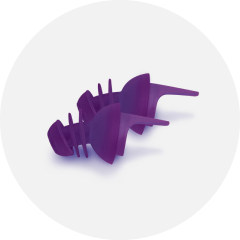
Reusable Ear Plugs
Reusable ear plugs are designed to be washed and worn many times. Shop Now
Use Cases: Sleeping, concerts, swimming, industrial work, studying.
Additional Tips: Always ensure ear plugs are inserted correctly for maximum effectiveness.
Common Mistakes to Avoid:
- Inserting earplugs without compressing them properly.
- Reusing disposable ear plugs beyond their intended lifespan.
Storage & Maintenance
- Store earplugs in a clean, dry case to prevent contamination.
- Clean reusable ear plugs regularly with mild soap and water to maintain hygiene.
- Regularly inspect ear plugs for damage, and replace them when necessary.
Ear Plugs

Foam Ear Plugs
Expand in the ear canal to block out noise. Ideal for sleeping, travel, and industrial work. Shop Now
Silicone & Wax Ear Plugs
Creates a seal over the ear canal for max comfort and protection. Shop Now

Custom-moulded Ear Plugs
Custom fitted to the user’s ear for the ultimate fit. Shop Now

Reusable Ear Plugs
Reusable ear plugs are designed to be washed and worn many times. Shop Now
Use Cases: Sleeping, concerts, swimming, industrial work, studying.
Additional Tips: Always ensure ear plugs are inserted correctly for maximum effectiveness.
Common Mistakes to Avoid:
- Inserting earplugs without compressing them properly.
- Reusing disposable ear plugs beyond their intended lifespan.
Storage & Maintenance
- Store earplugs in a clean, dry case to prevent contamination.
- Clean reusable ear plugs regularly with mild soap and water to maintain hygiene.
- Regularly inspect ear plugs for damage, and replace them when necessary.
Ear Muffs
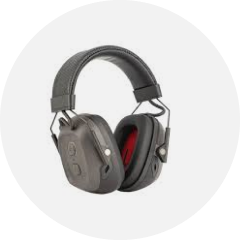
Passive Ear Muffs
Expand in the ear canal to block out noise. Ideal for sleeping, travel, and industrial work. Shop Now
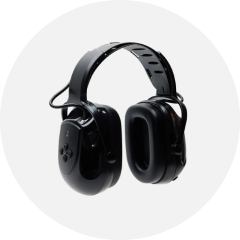
Electronic Ear Muff
Moldable and reusable, providing a comfortable fit for swimming and concerts. Shop Now
Use Cases: Shooting, construction, loud machinery, motorsports.
Tips For Use:
- Ensure ear muffs form a tight seal around the ears.
- Replace ear cushions when they show signs of wear.
- Keep ear muffs in good condition by checking the ear cushions for wear and tear.
Avoid: Wearing ear muffs over hats or glasses that create gaps.
Storage & Maintenance:
- Keep ear muffs in a protective case or bag to avoid damage and dirt.
- Regularly inspect ear muffs for damage, and replace them when necessary.
Ear Muffs

Passive Ear Muffs
Expand in the ear canal to block out noise. Ideal for sleeping, travel, and industrial work. Shop Now

Electronic Ear Muff
Moldable and reusable, providing a comfortable fit for swimming and concerts. Shop Now
Use Cases: Shooting, construction, loud machinery, motorsports.
Tips For Use:
- Ensure ear muffs form a tight seal around the ears.
- Replace ear cushions when they show signs of wear.
- Keep ear muffs in good condition by checking the ear cushions for wear and tear.
Avoid: Wearing ear muffs over hats or glasses that create gaps.
Storage & Maintenance:
- Keep ear muffs in a protective case or bag to avoid damage and dirt.
- Regularly inspect ear muffs for damage, and replace them when necessary.
White Noise Machines
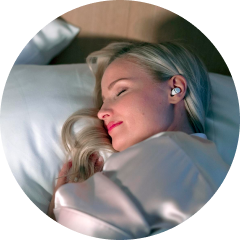
Masks Noise
Help mask disruptive background noise, promoting better sleep and concentration.
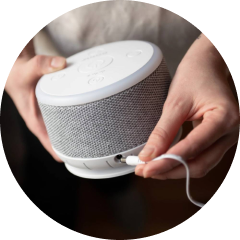
Tinnitus Relief
Useful for individuals who suffer from tinnitus by providing a consistent, soothing sound.
Use Cases: Sleeping, working, relaxing, studying.
Additional Tips: Choose a machine with adjustable volume and multiple sound options for versatile use.
White Noise Machines

Masks Noise
Help mask disruptive background noise, promoting better sleep and concentration.

Tinnitus Relief
Useful for individuals who suffer from tinnitus by providing a consistent, soothing sound.
Use Cases: Sleeping, working, relaxing, studying.
Additional Tips: Choose a machine with adjustable volume and multiple sound options for versatile use.
Busting Myths: What You Need to Know
Always assess the noise level in your environment and choose the appropriate hearing protection. When in doubt, opt for protection.


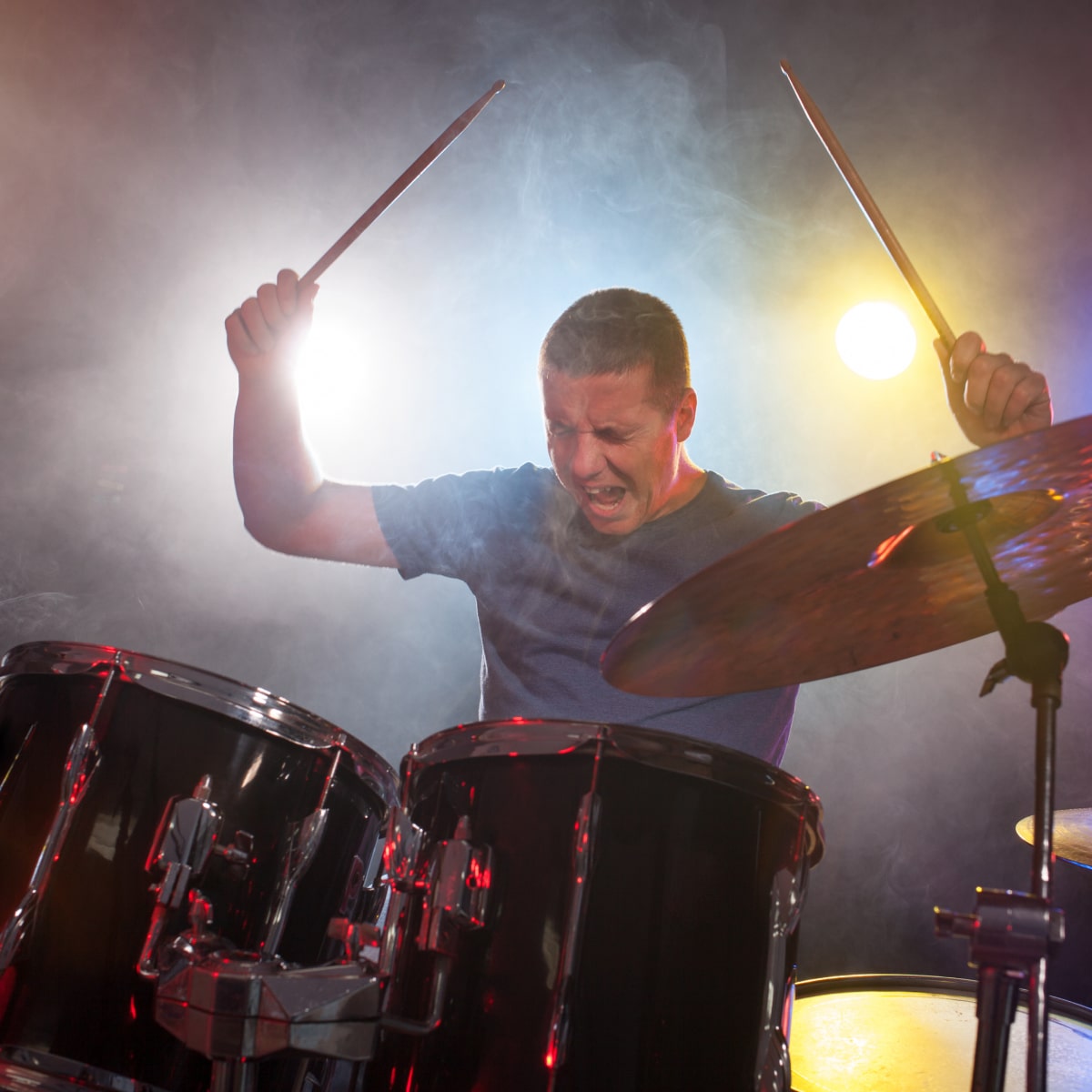
Myth 1
Reality: Even moderate noise levels, such as busy traffic or loud conversations, can cause cumulative hearing damage over time. Consistent use of hearing protection in noisy environments helps prevent long-term hearing loss.
Myth 2
Reality: Modern earplugs are designed with comfort in mind, using soft, hypoallergenic materials. Custom-molded and silicone earplugs offer tailored comfort for extended wear.
Myth 3
Reality: While workplace noise is a major source of hearing damage, many recreational activities, such as concerts, motorsports, and DIY home projects, also expose you to harmful noise levels.
Our Top Picks
Got Questions?
We Have Answers!
Use this text to share information about your brand with your customers. Describe a product, share announcements, or welcome customers to your store.
Ready To Protect Your Ears?
Learn more about hearing health and explore our full range of hearing products.
Glossary
From attenuation, to decibels, we explain the hearing terminology you need to know when looking at hearing protection.
Quiz
Take our quick 30-second quiz to get your tailored product recommendations and find your perfect hearing protection solution.
FAQs
Looking for something else? Visit our frequently asked questions to see how we can help with your question.

